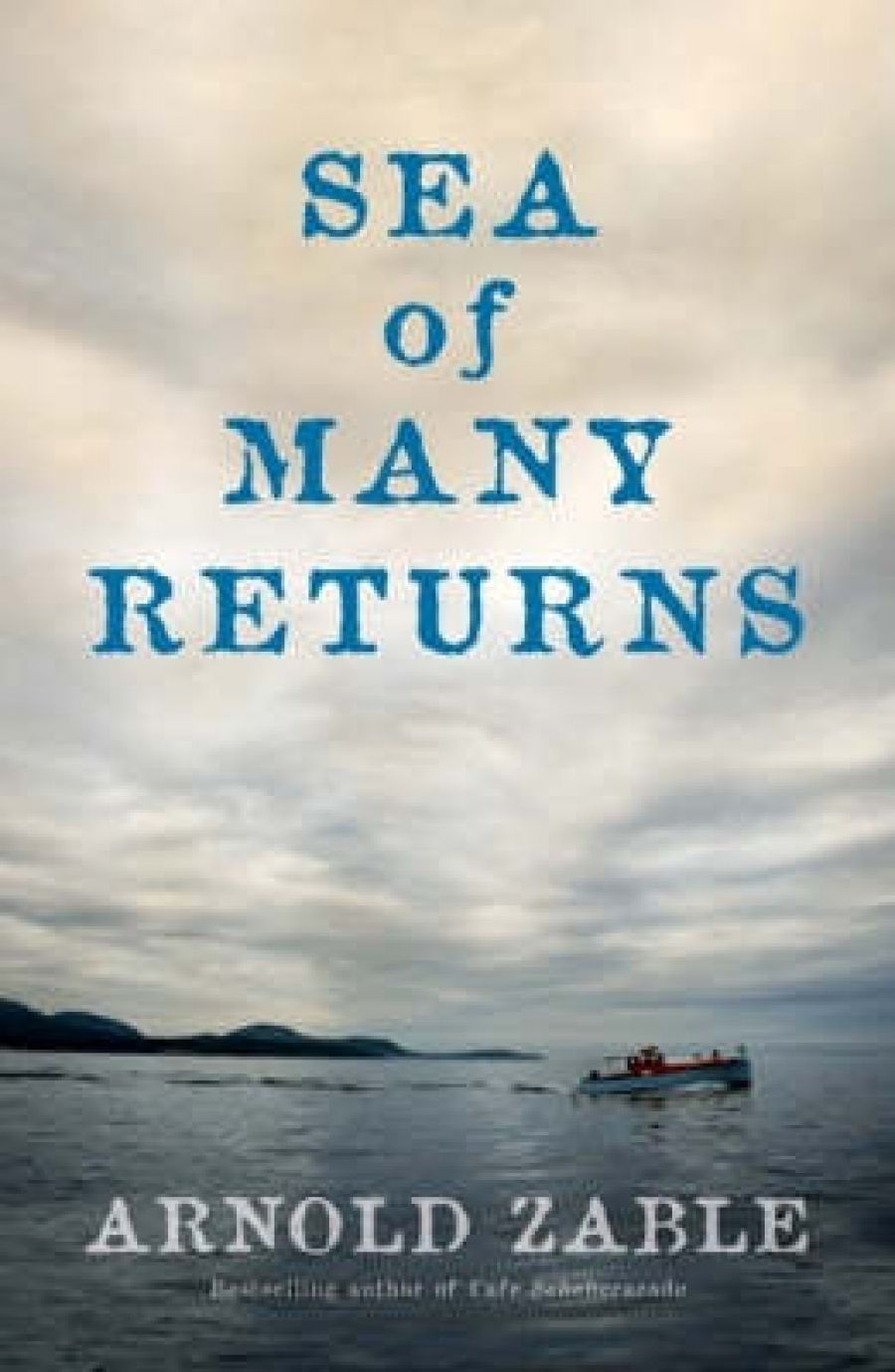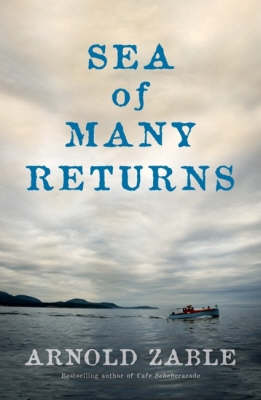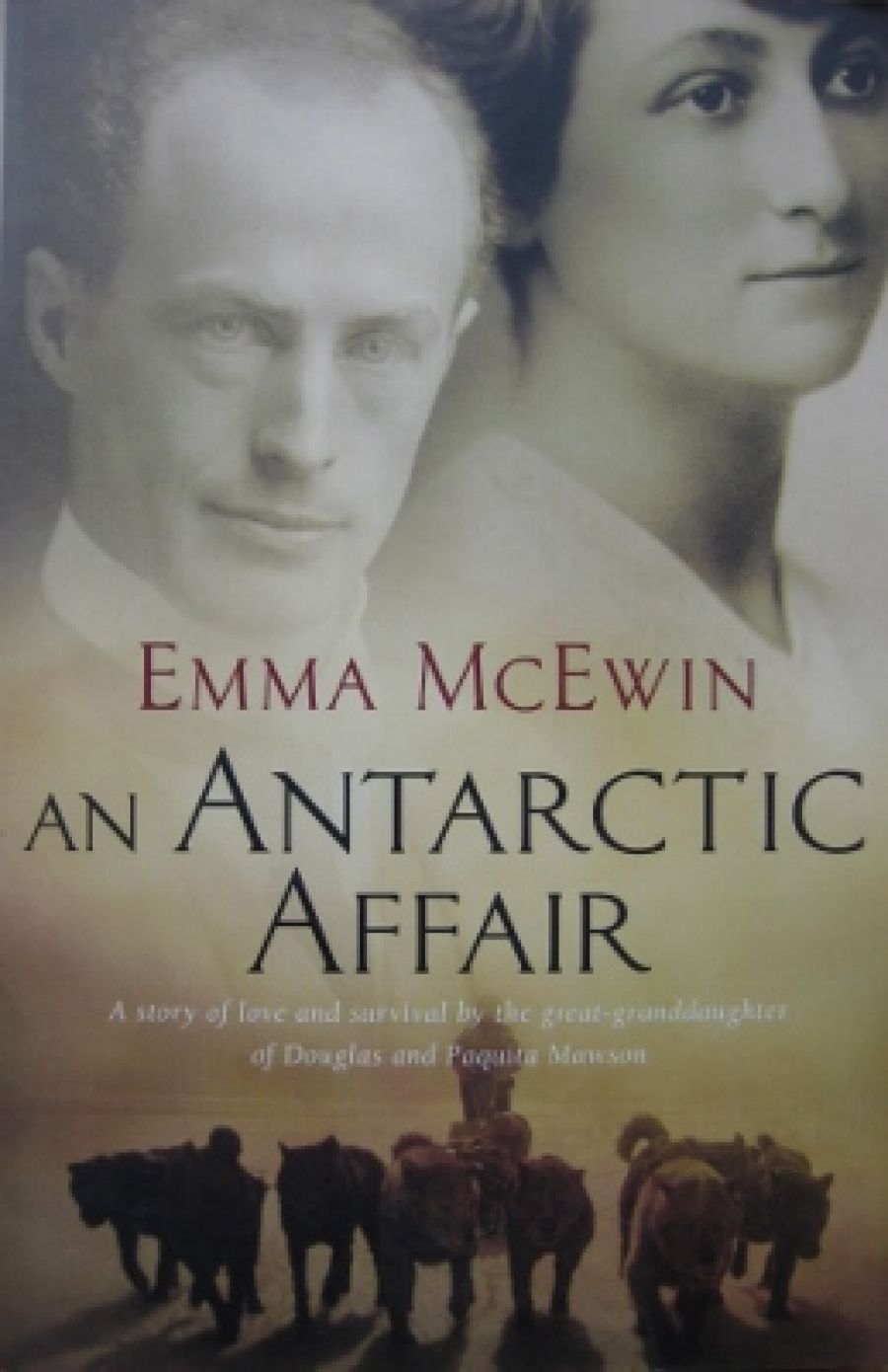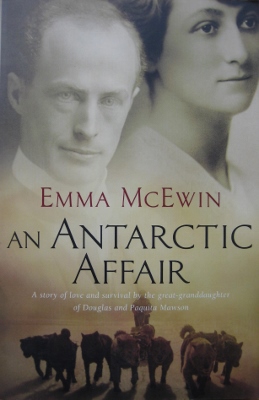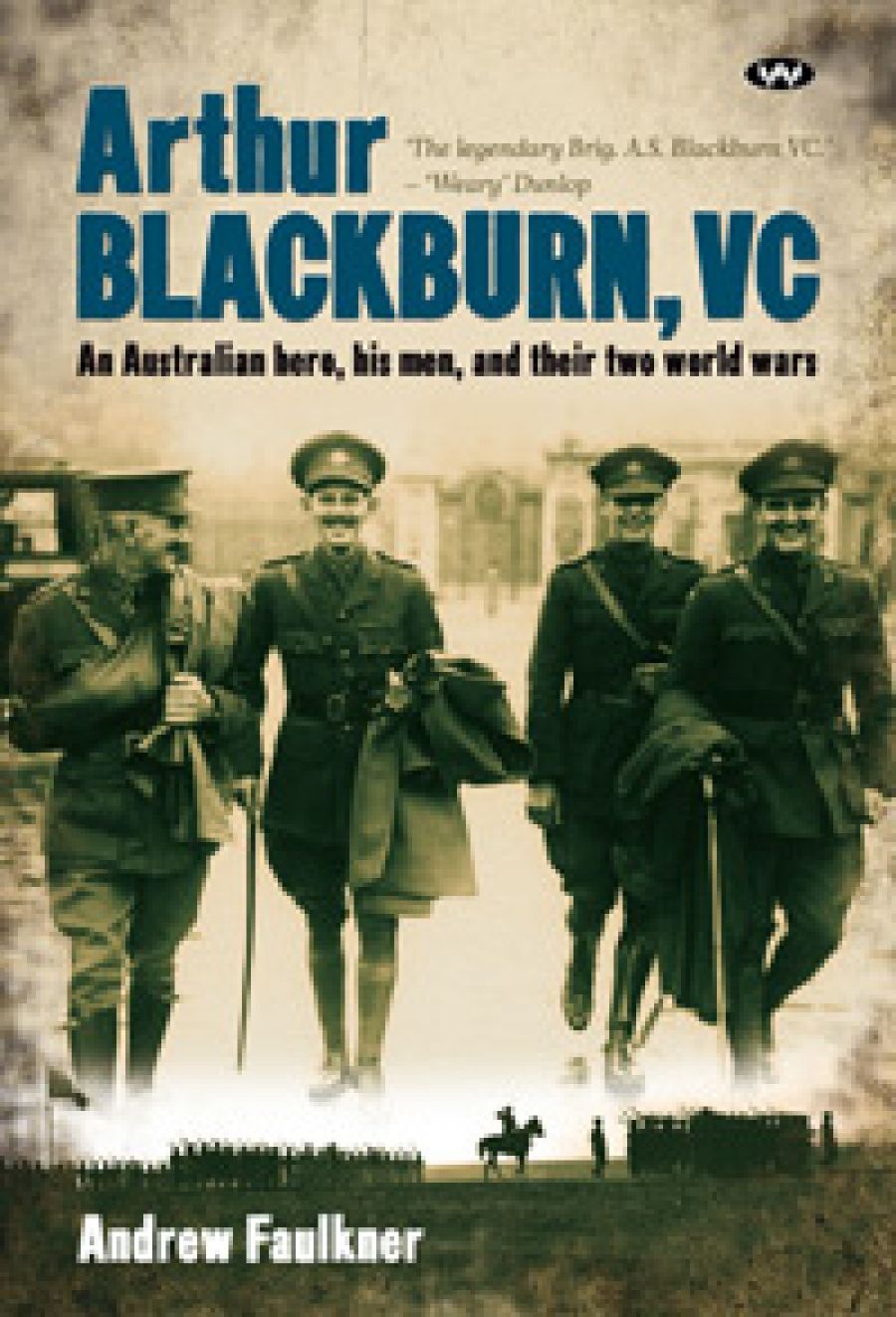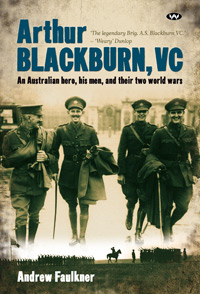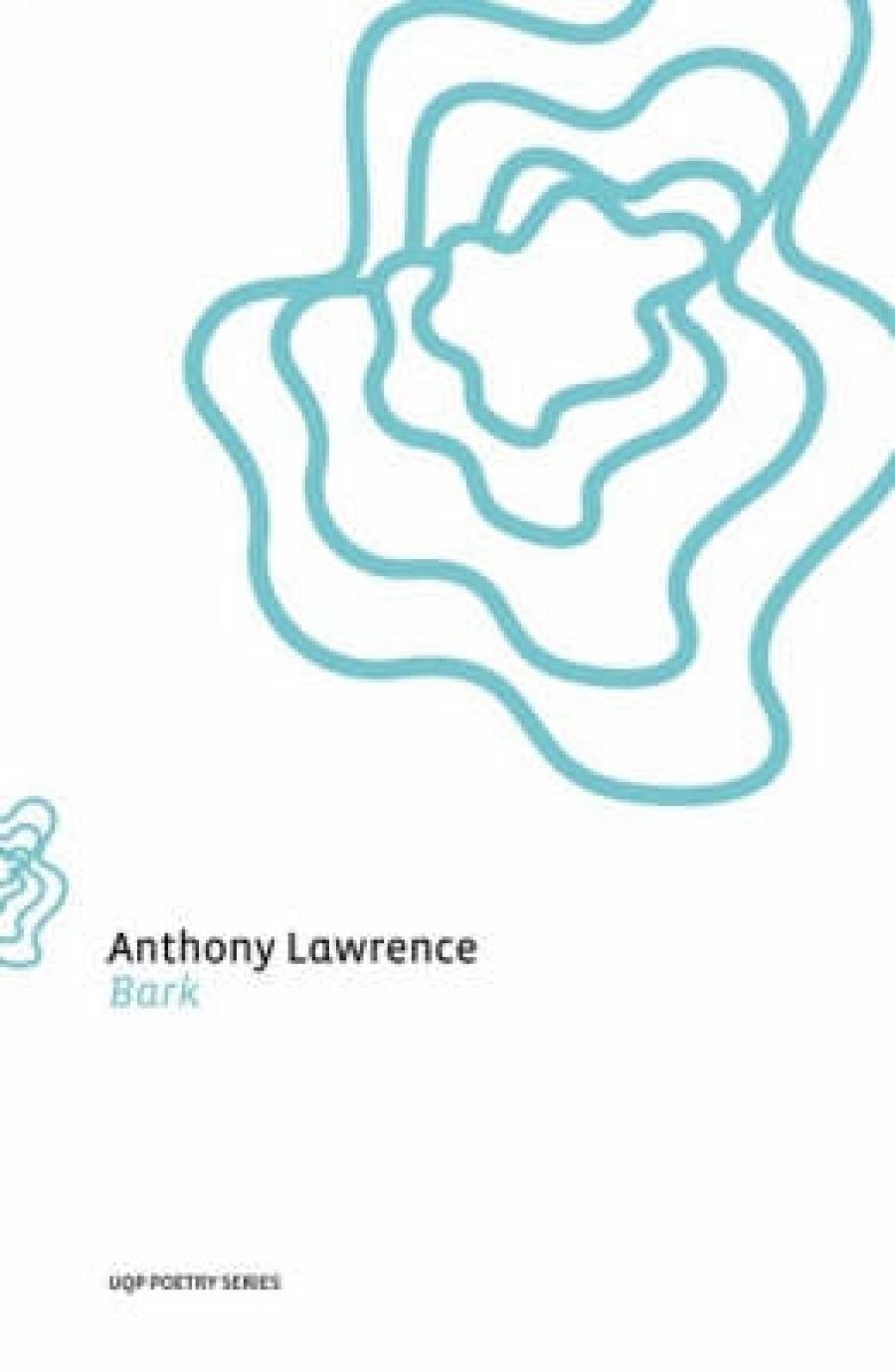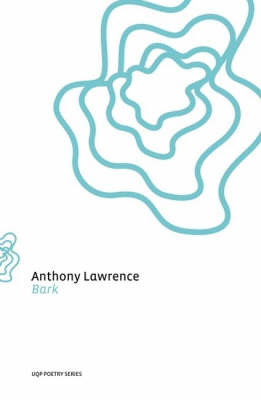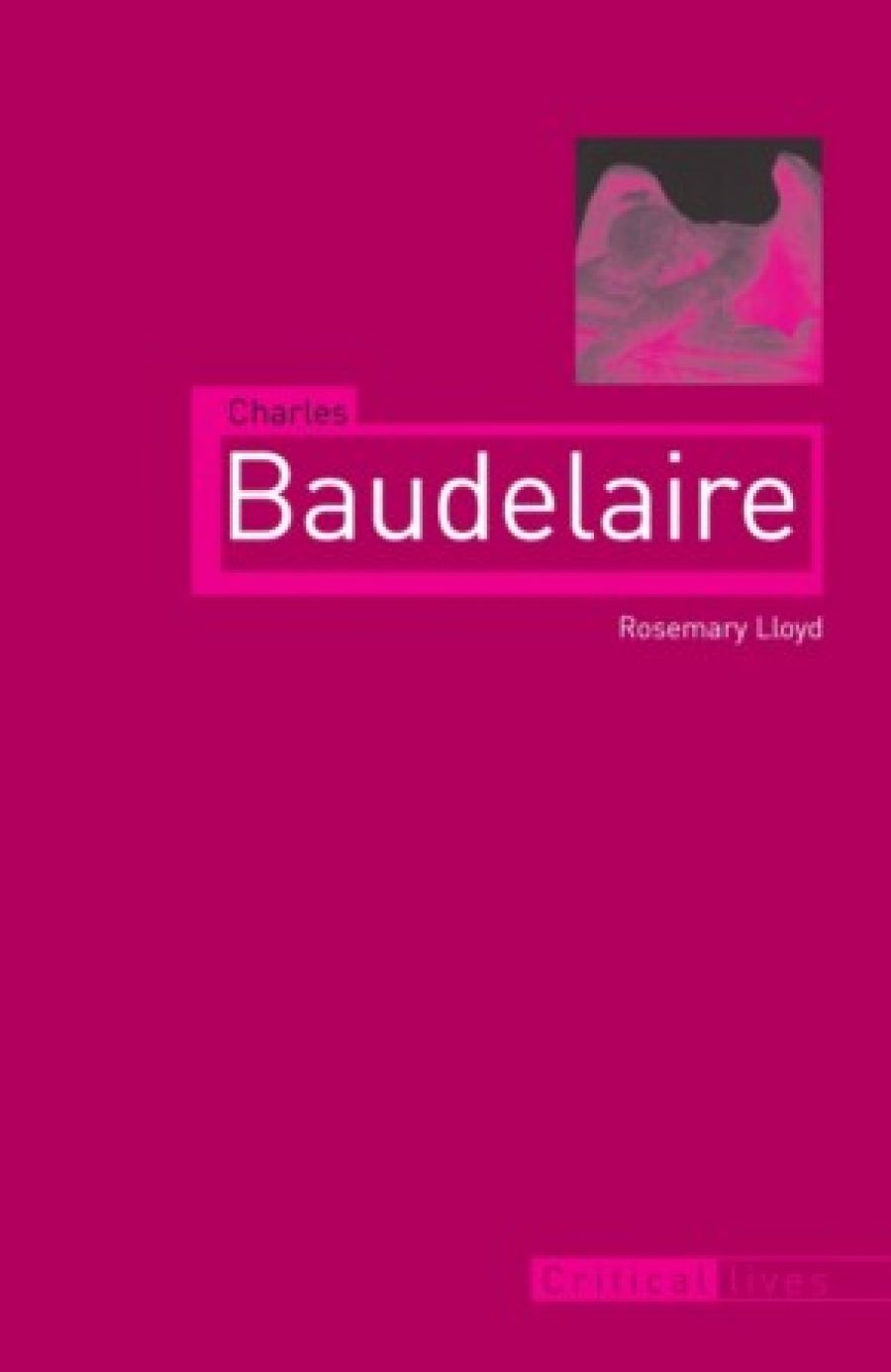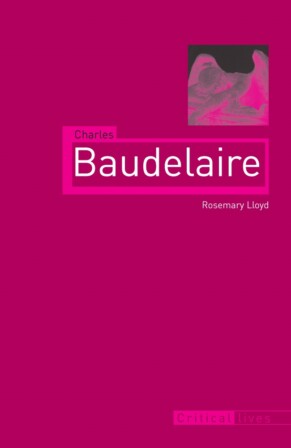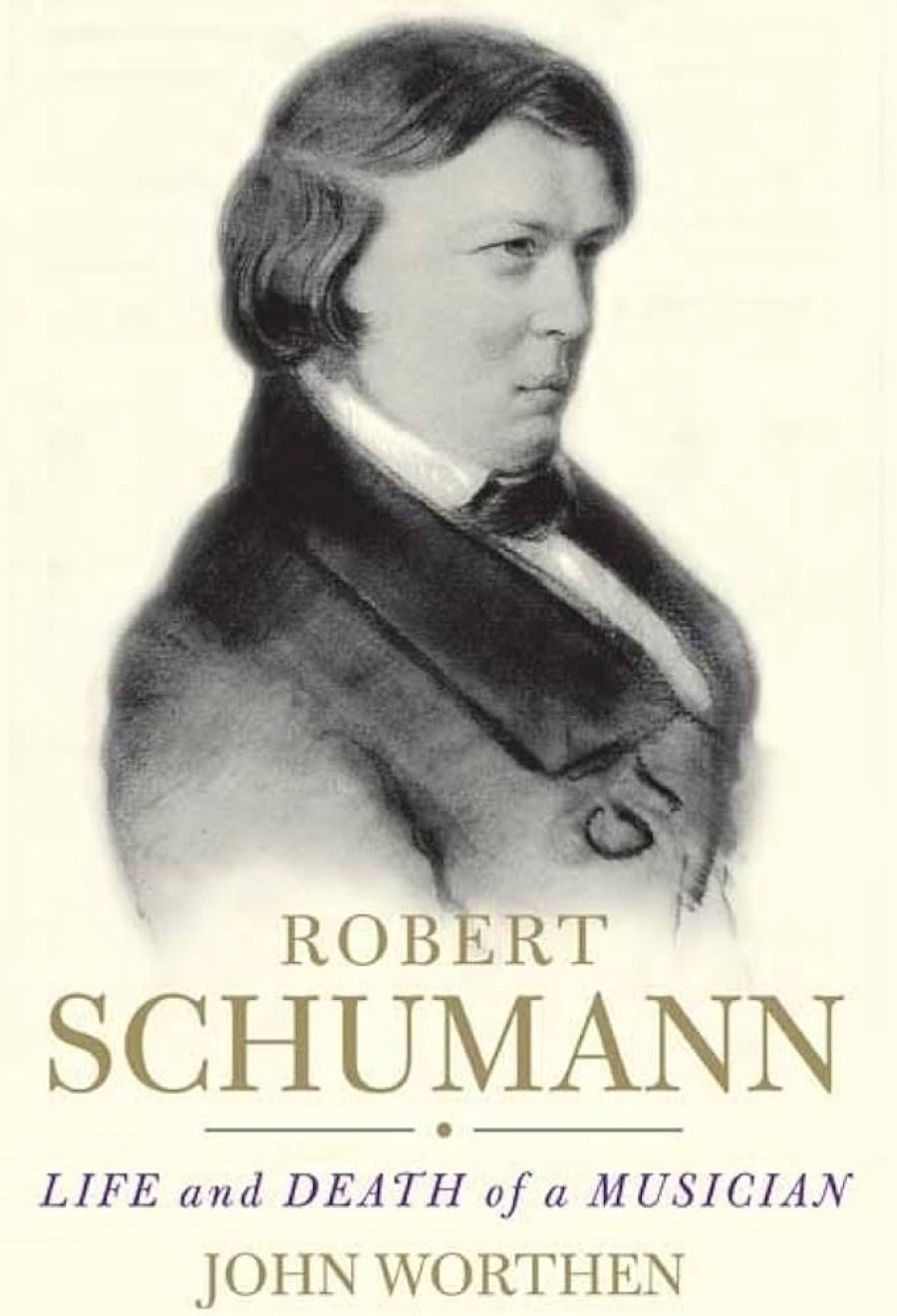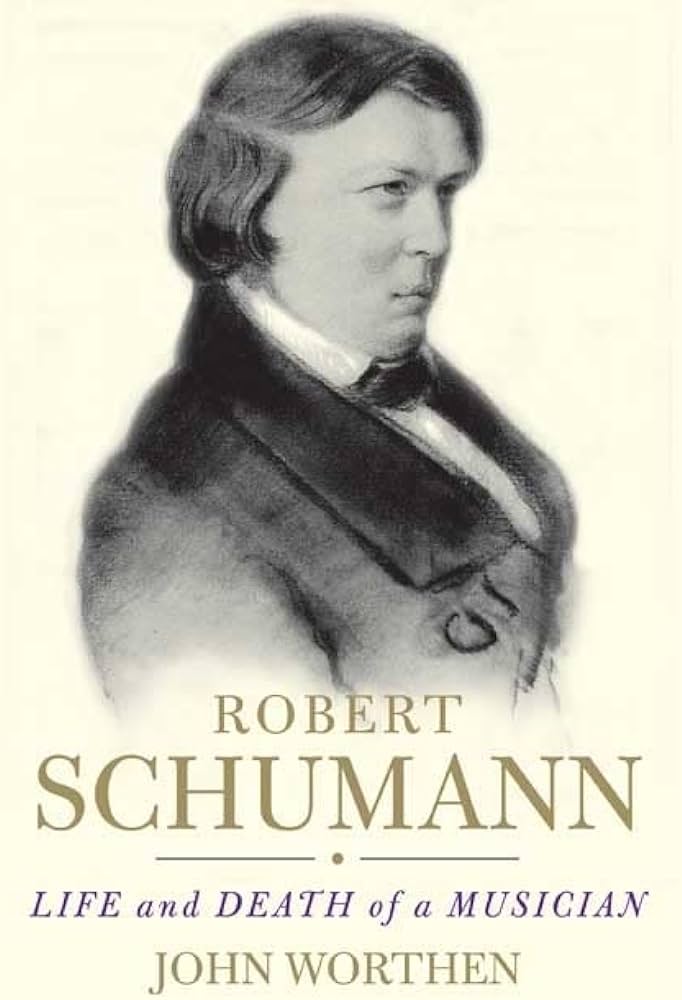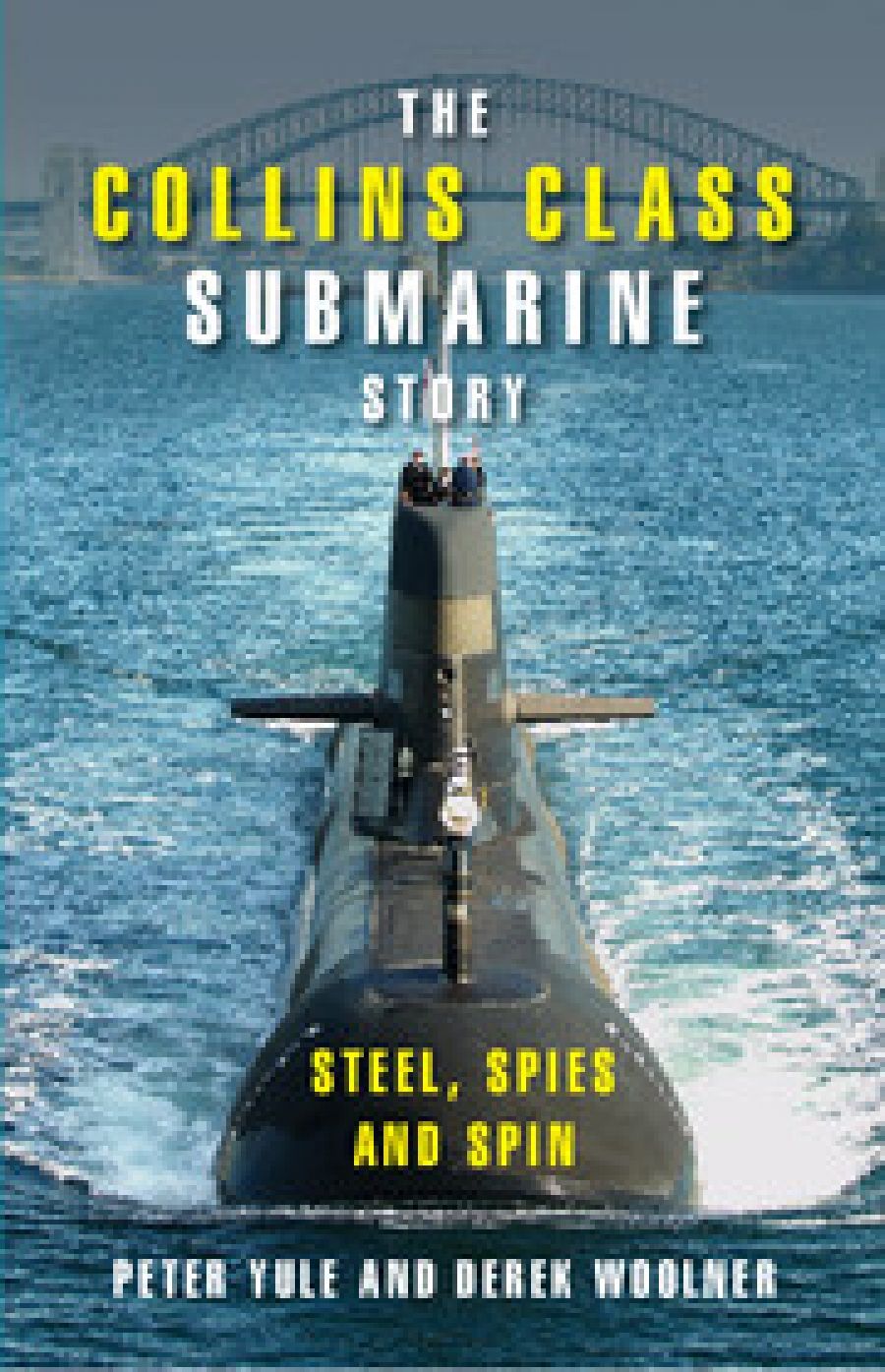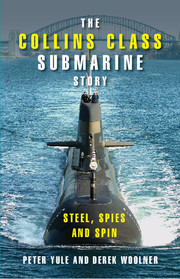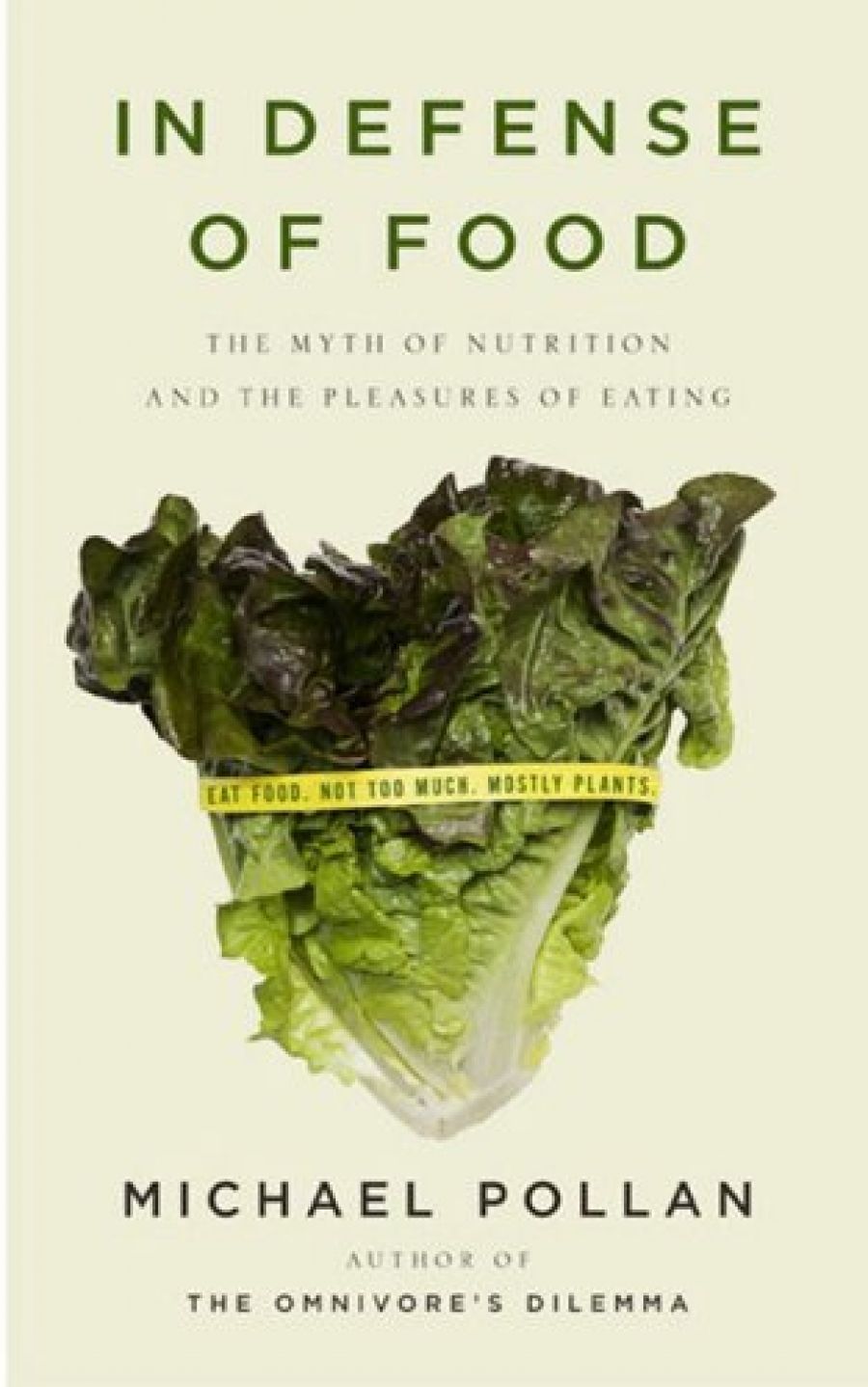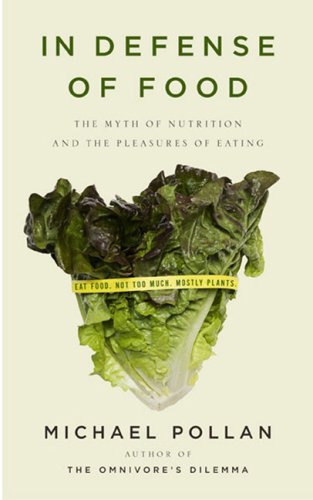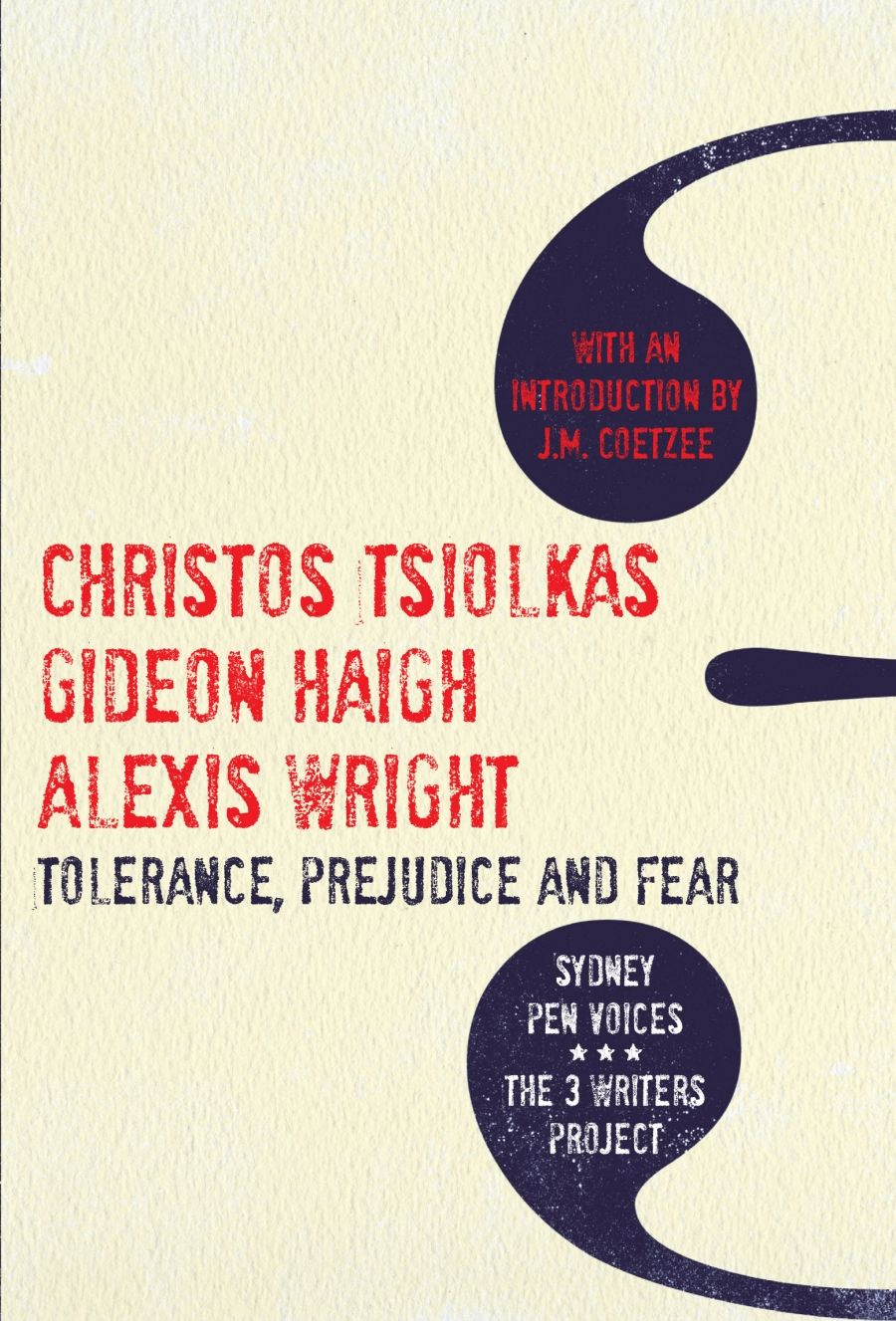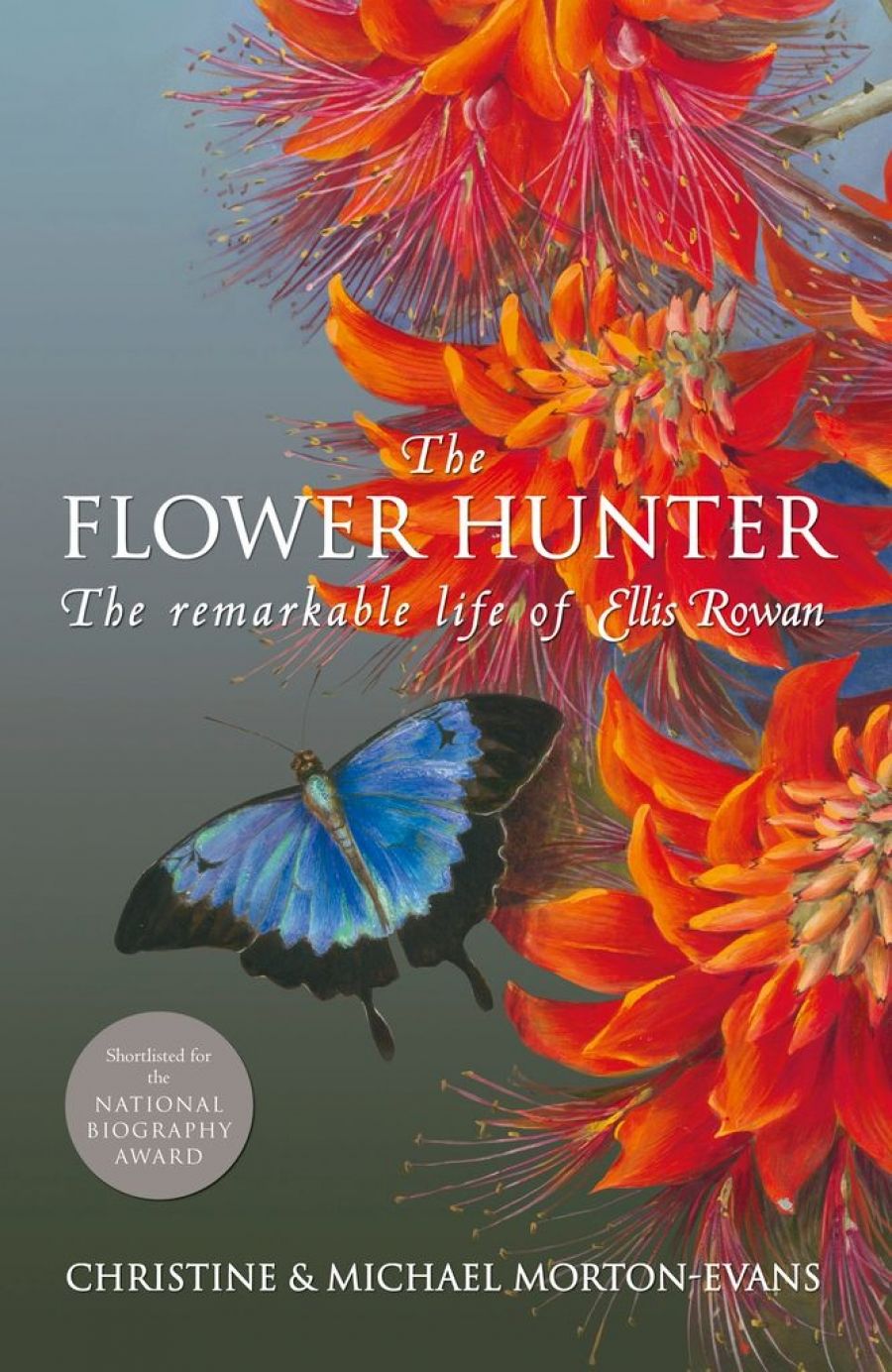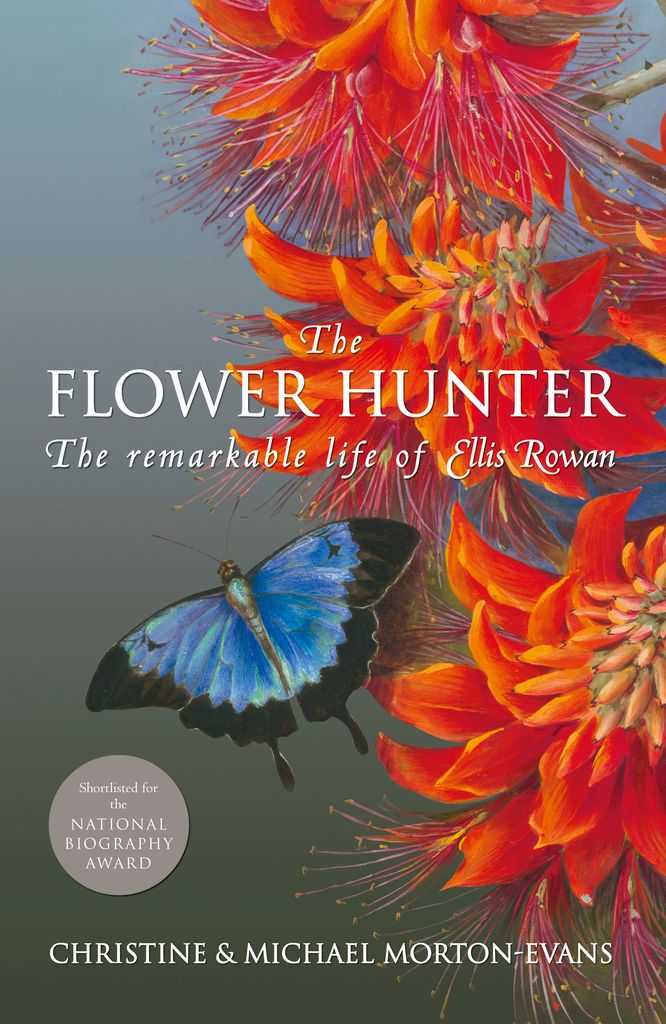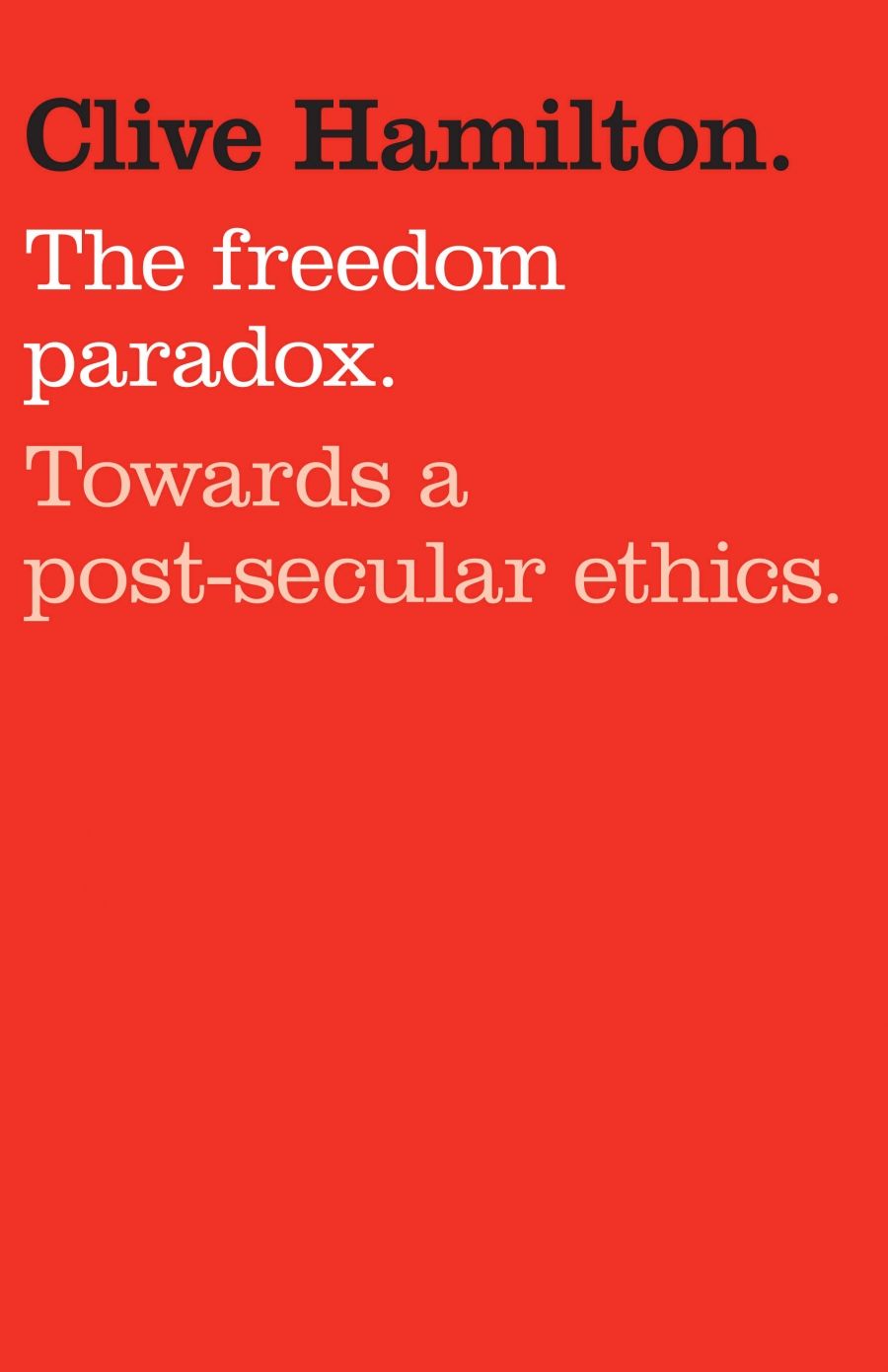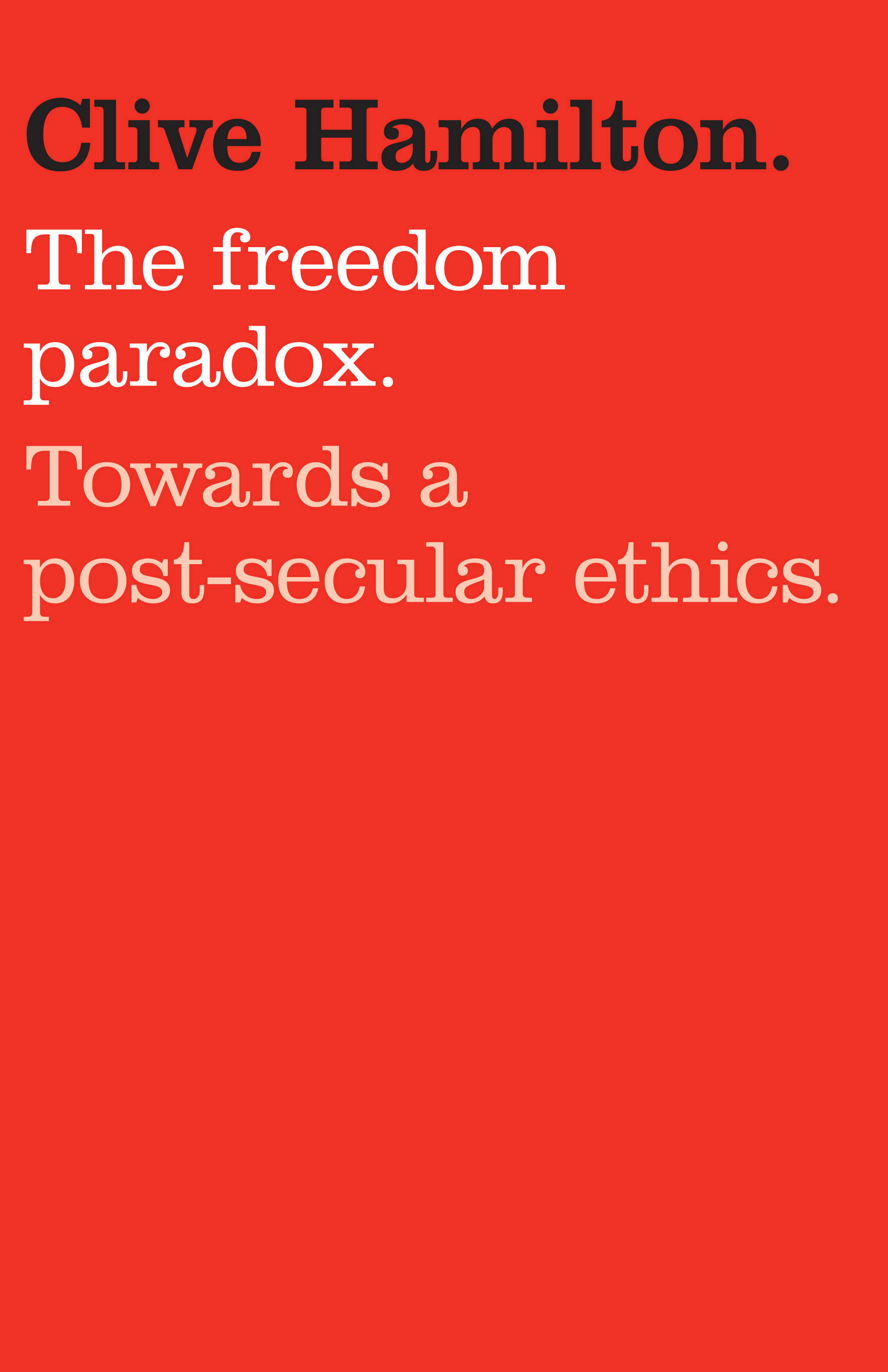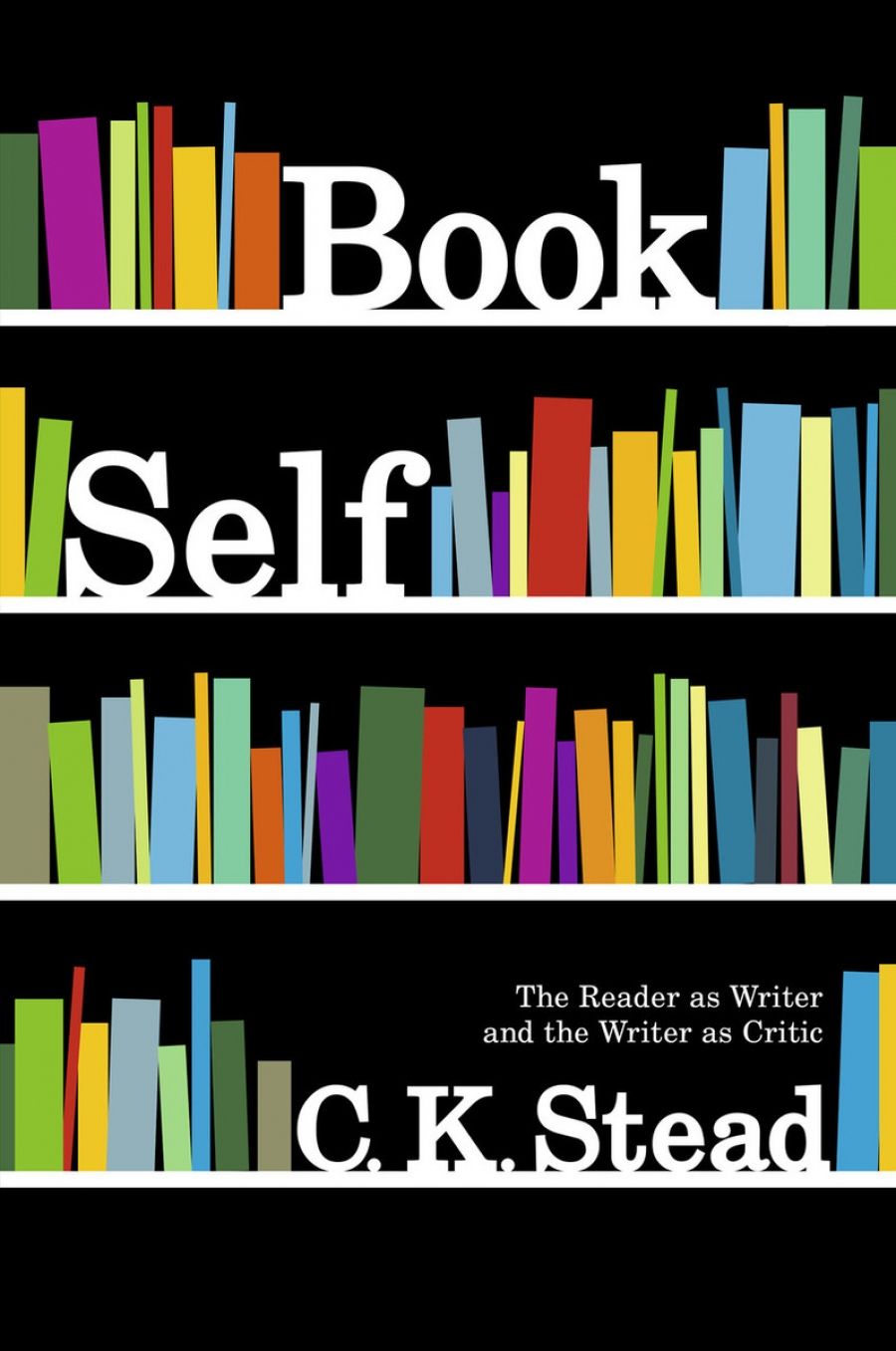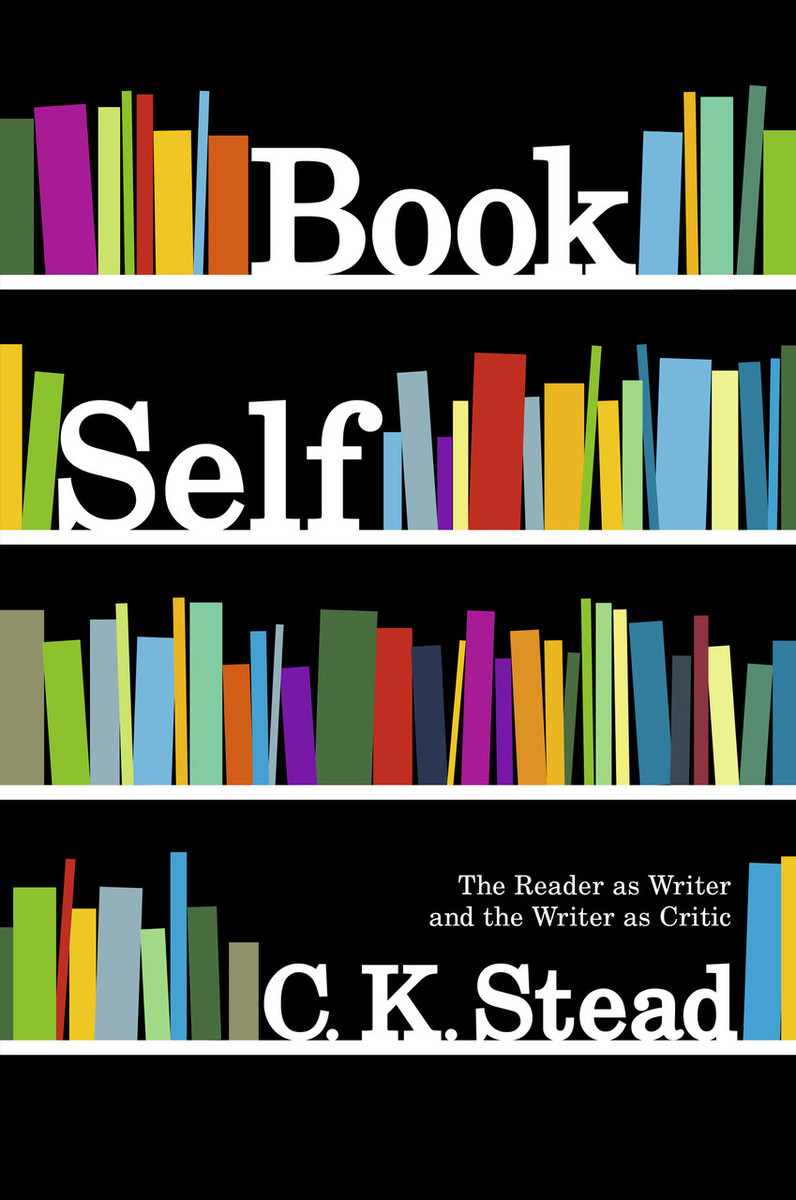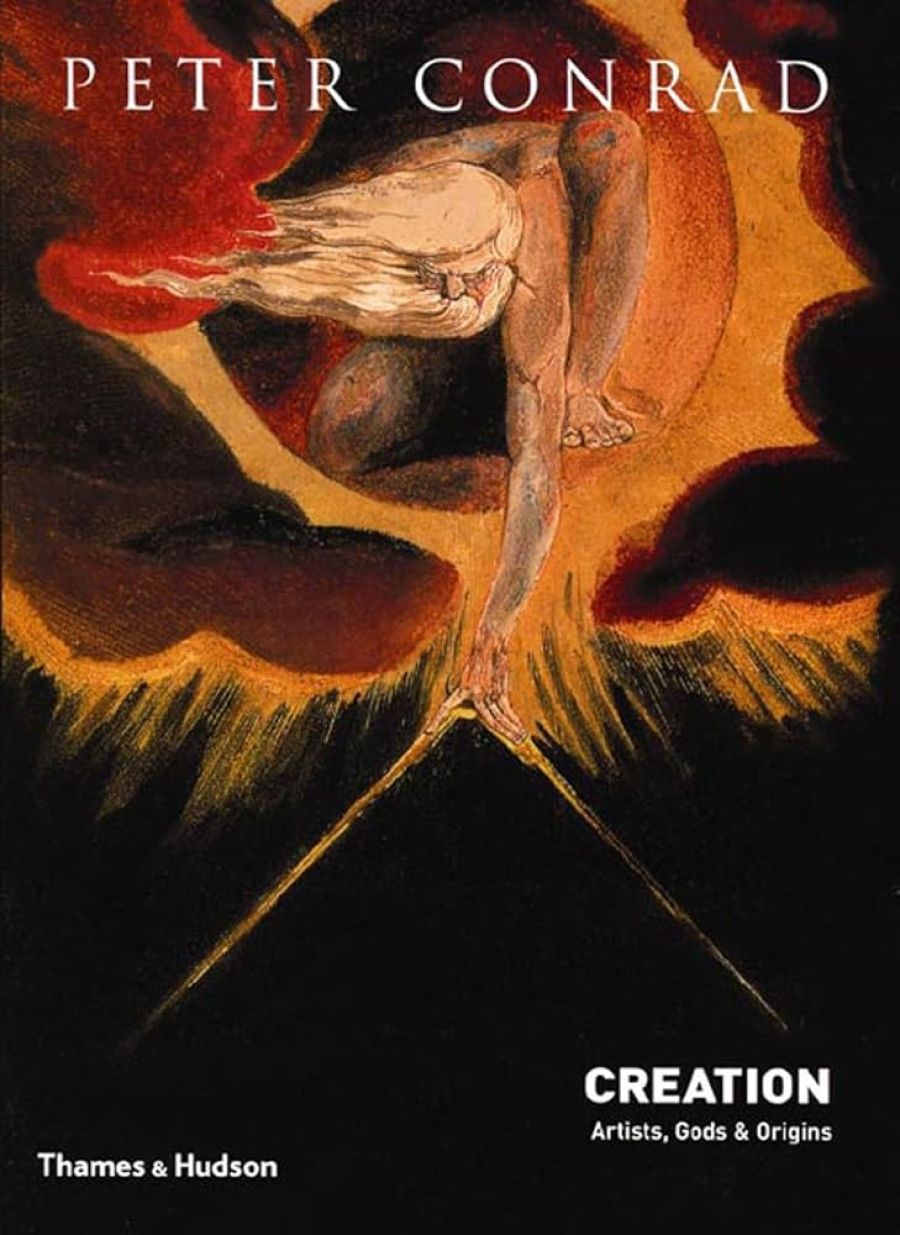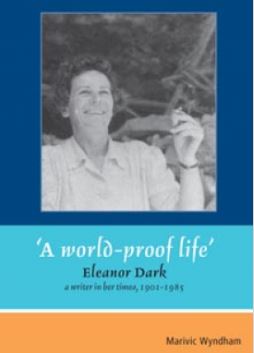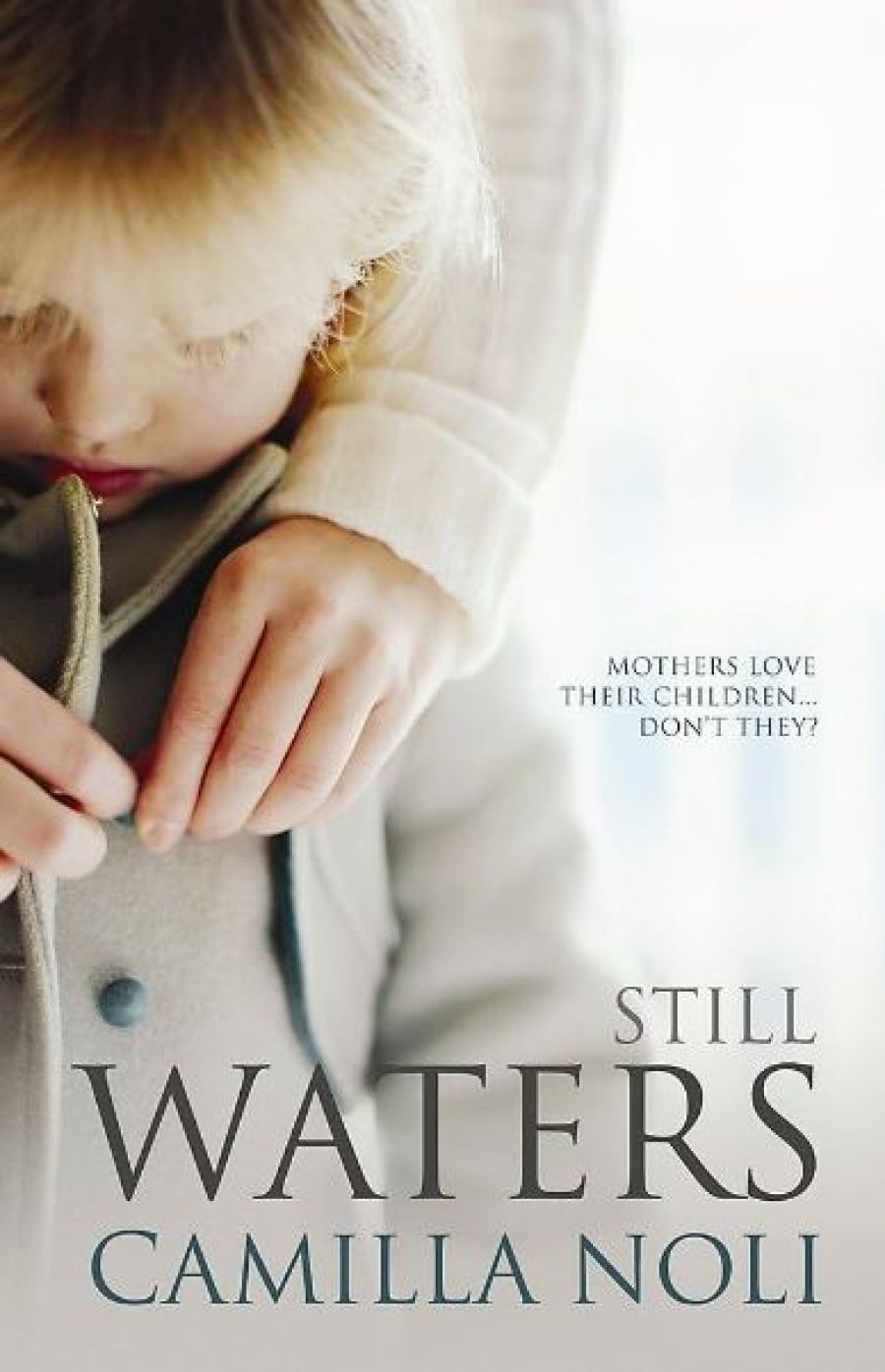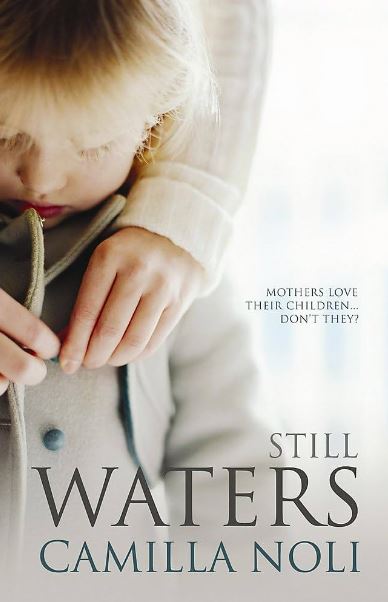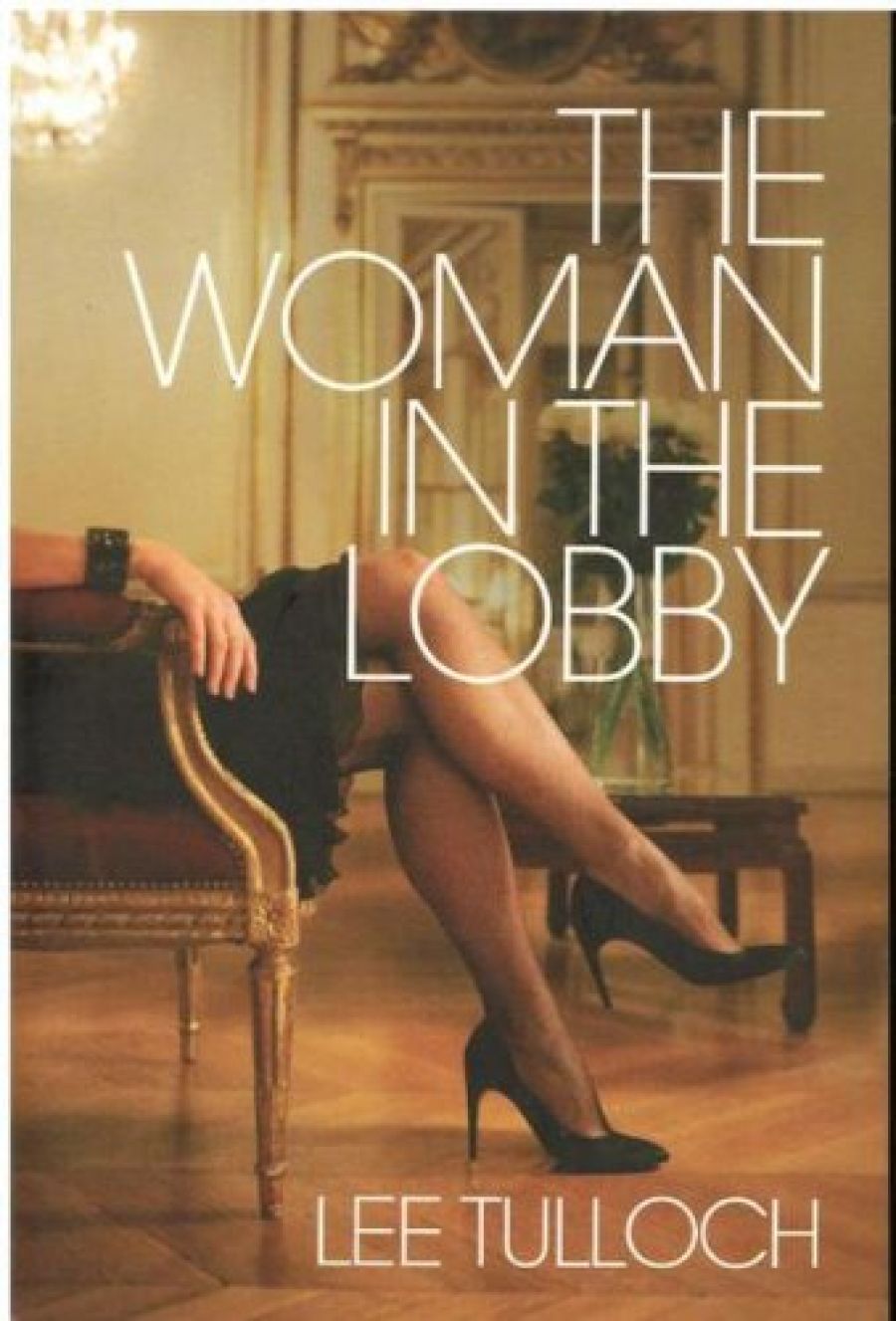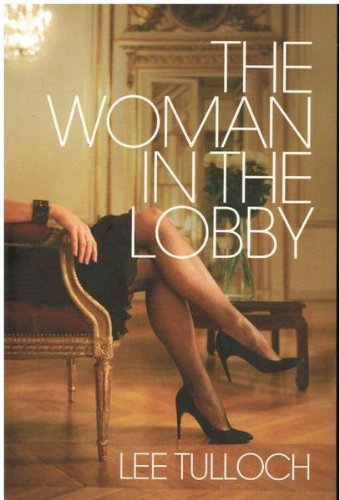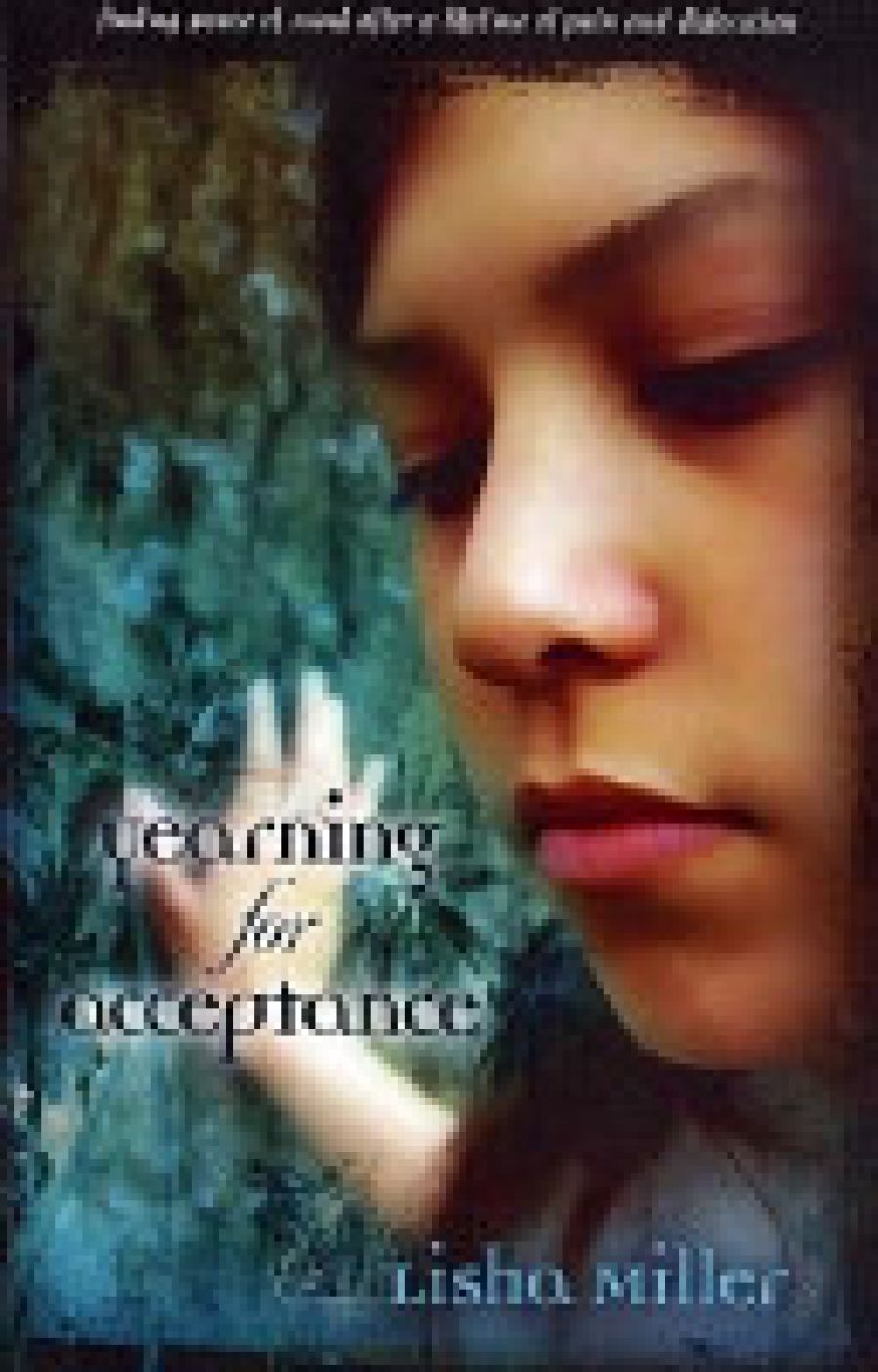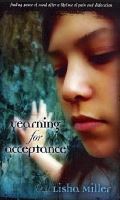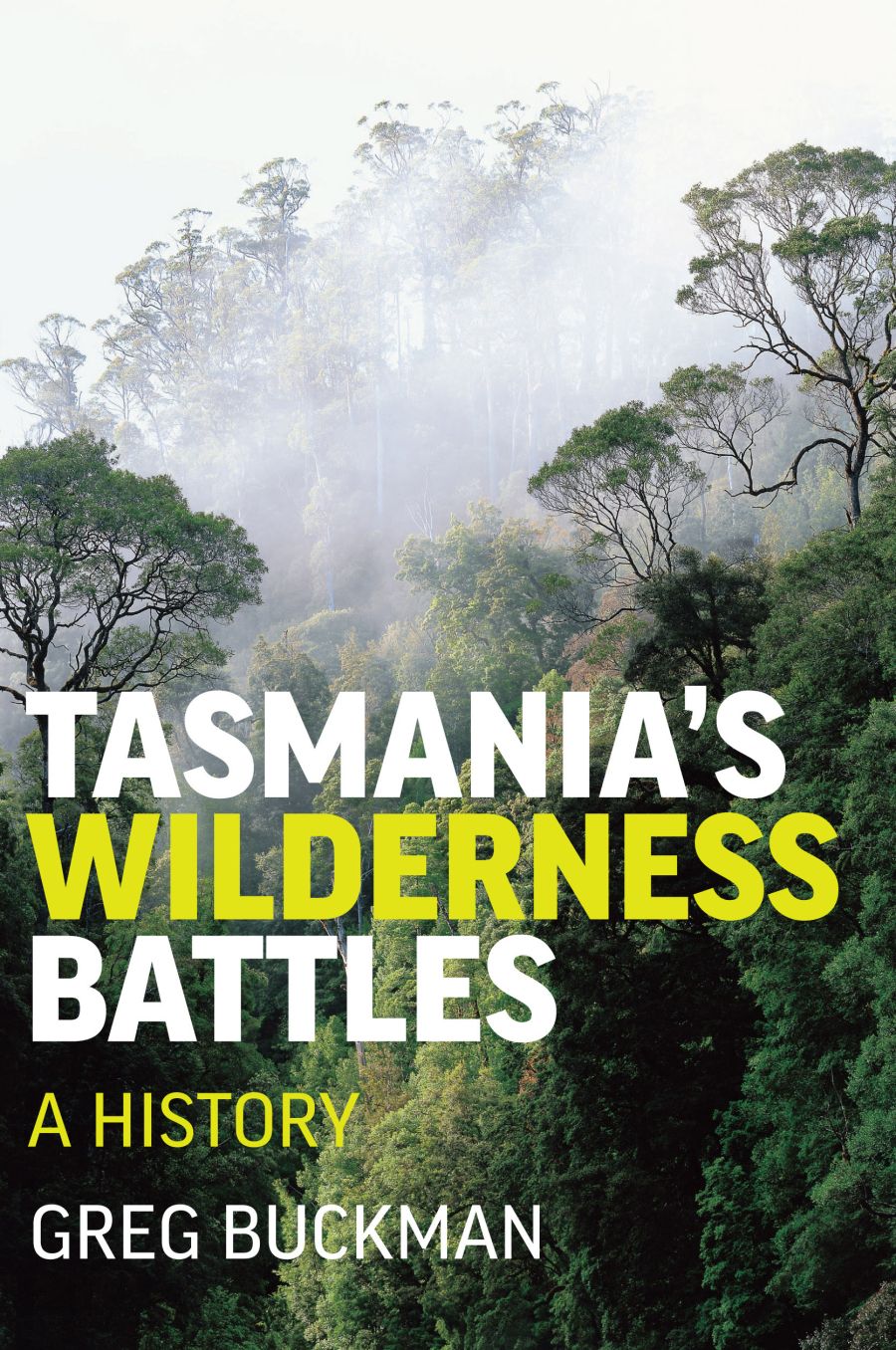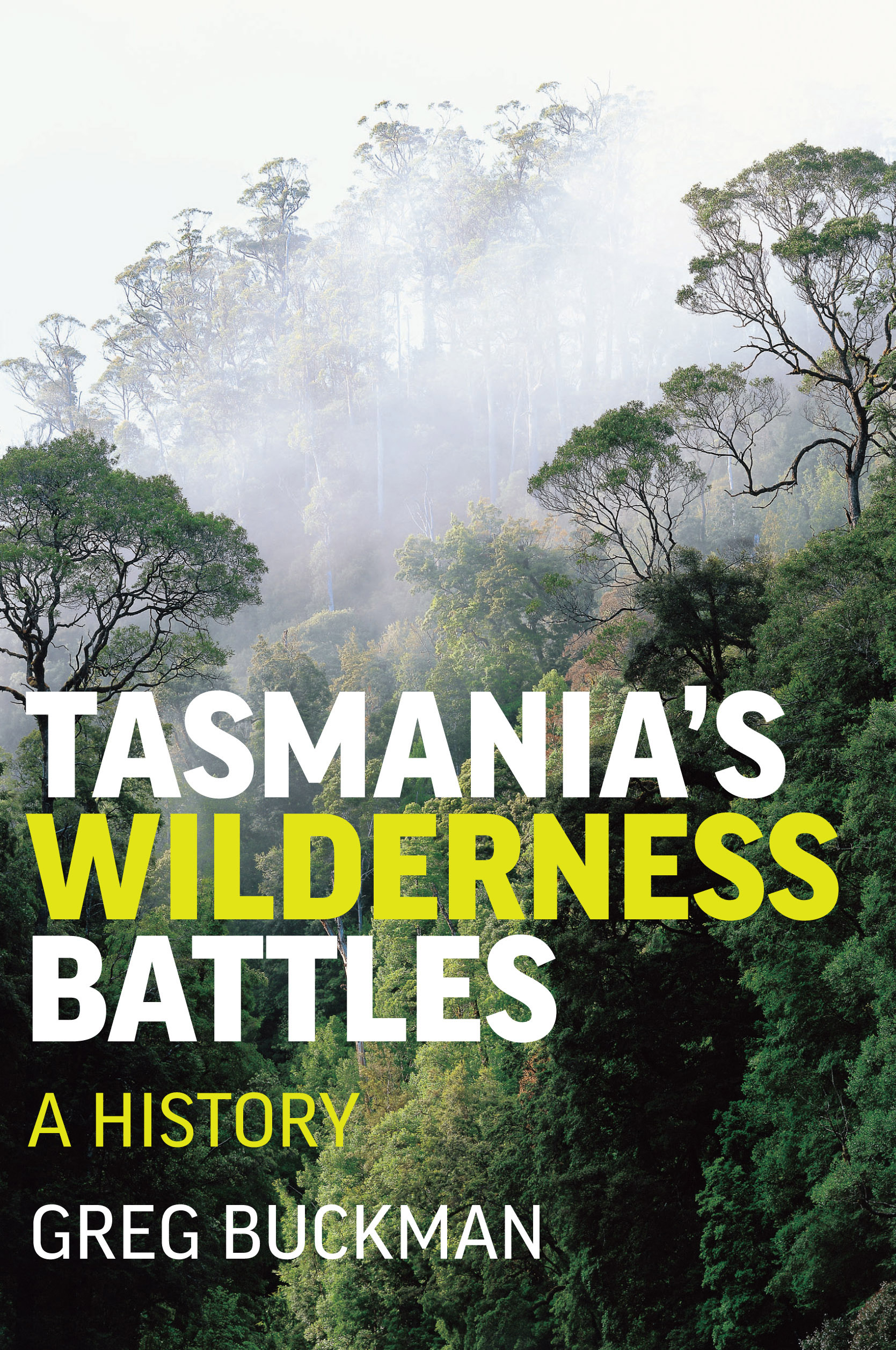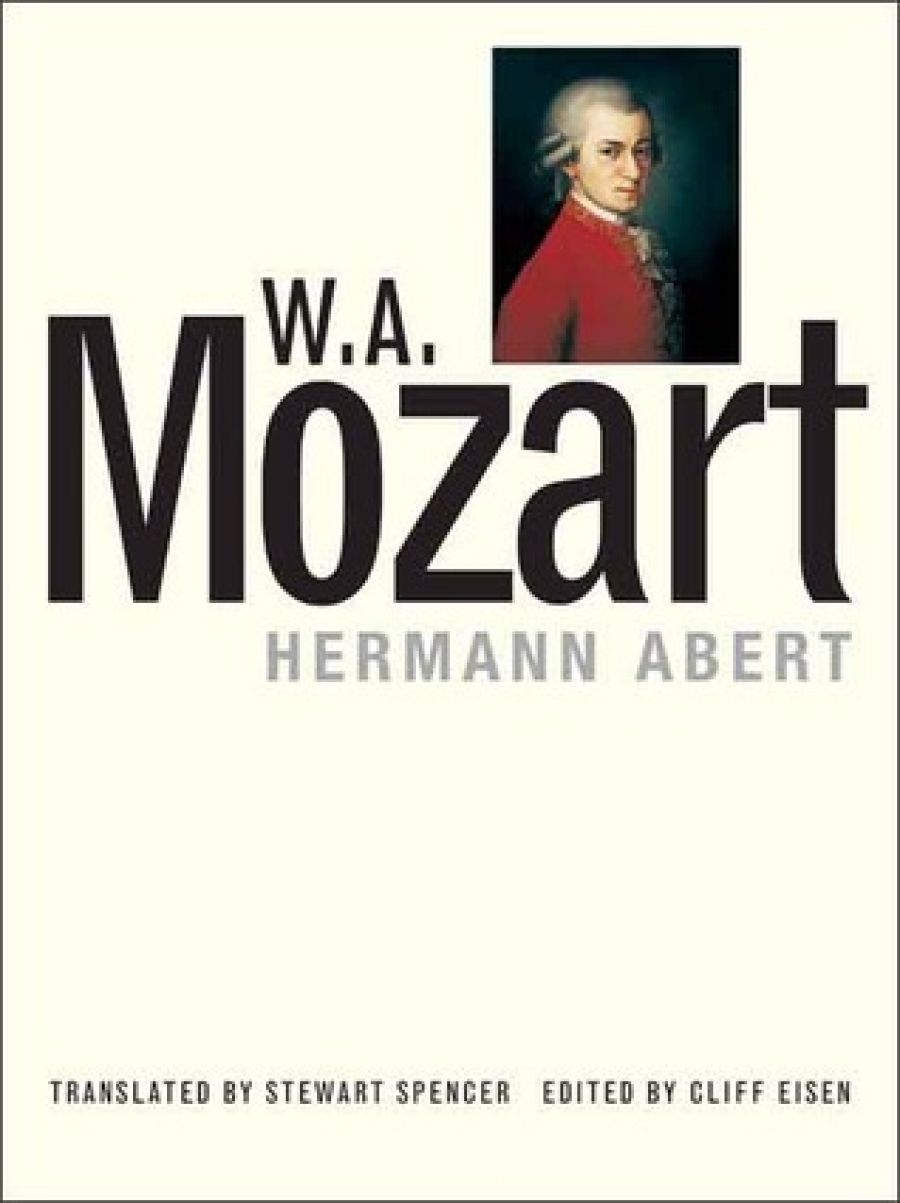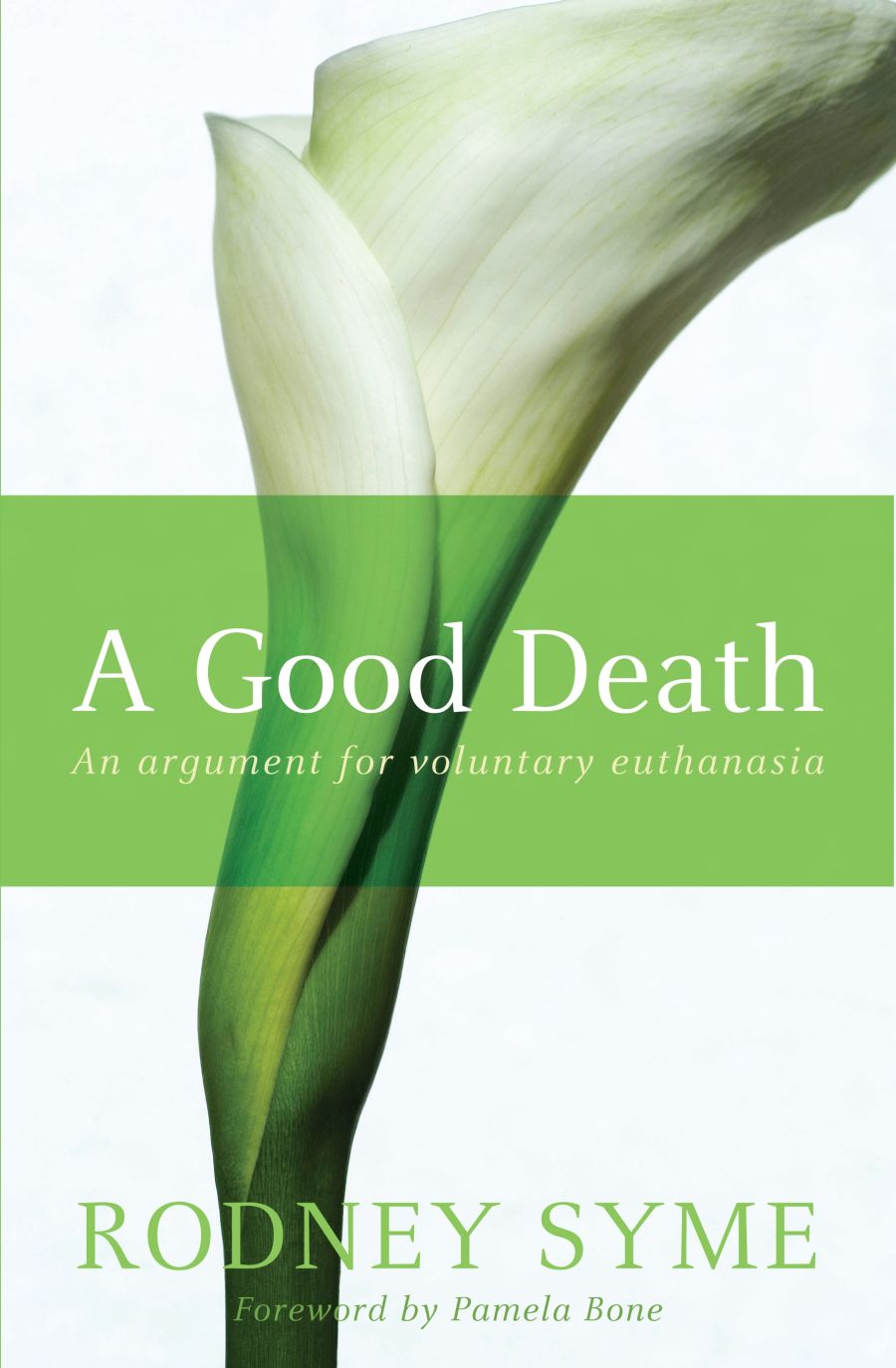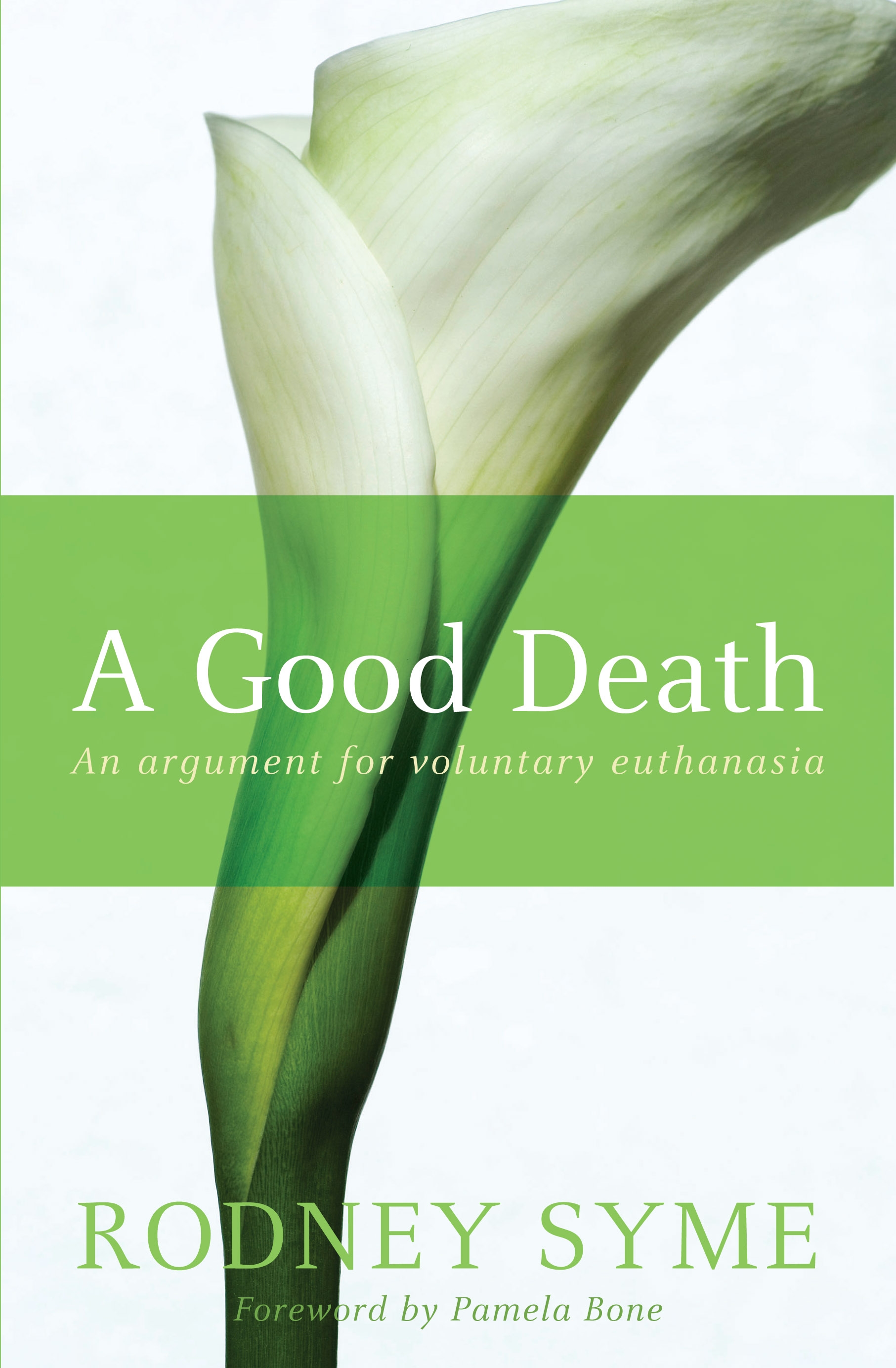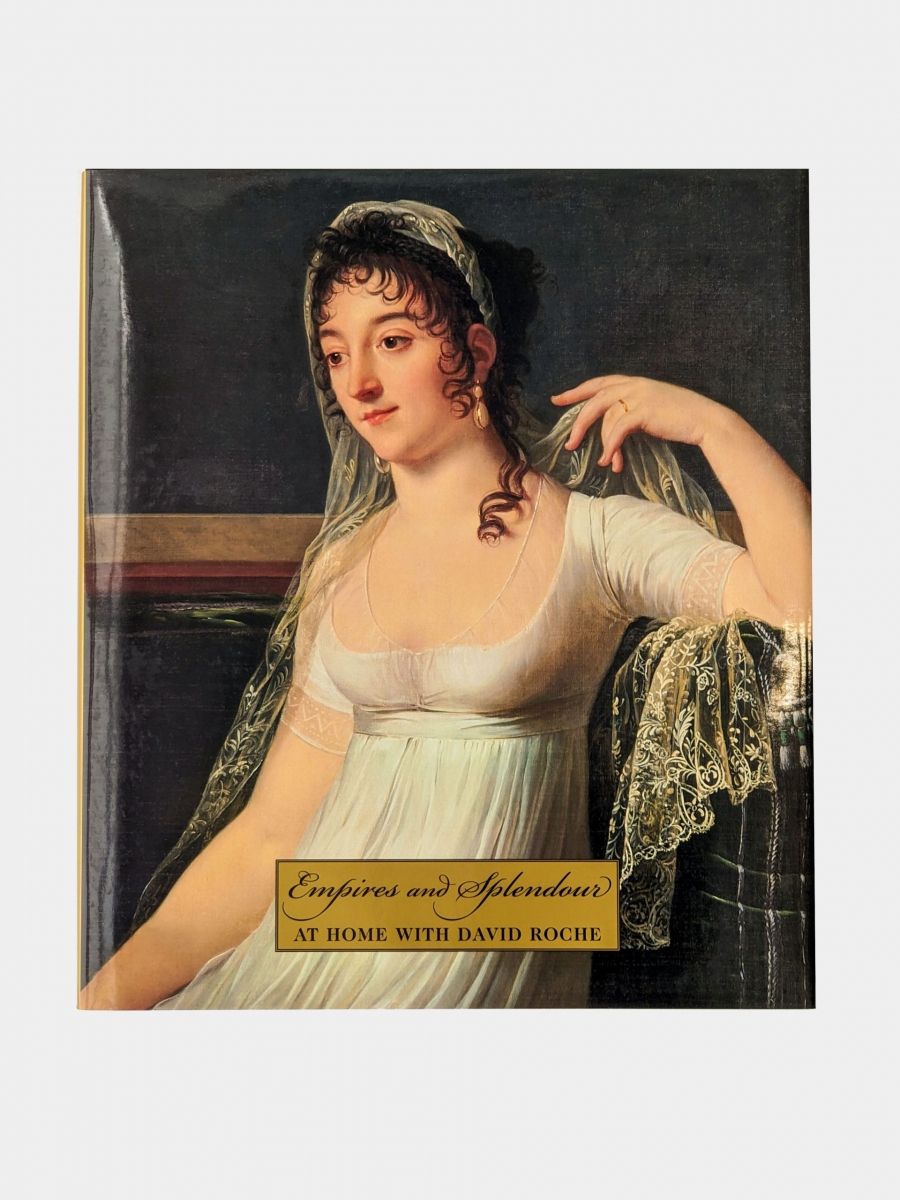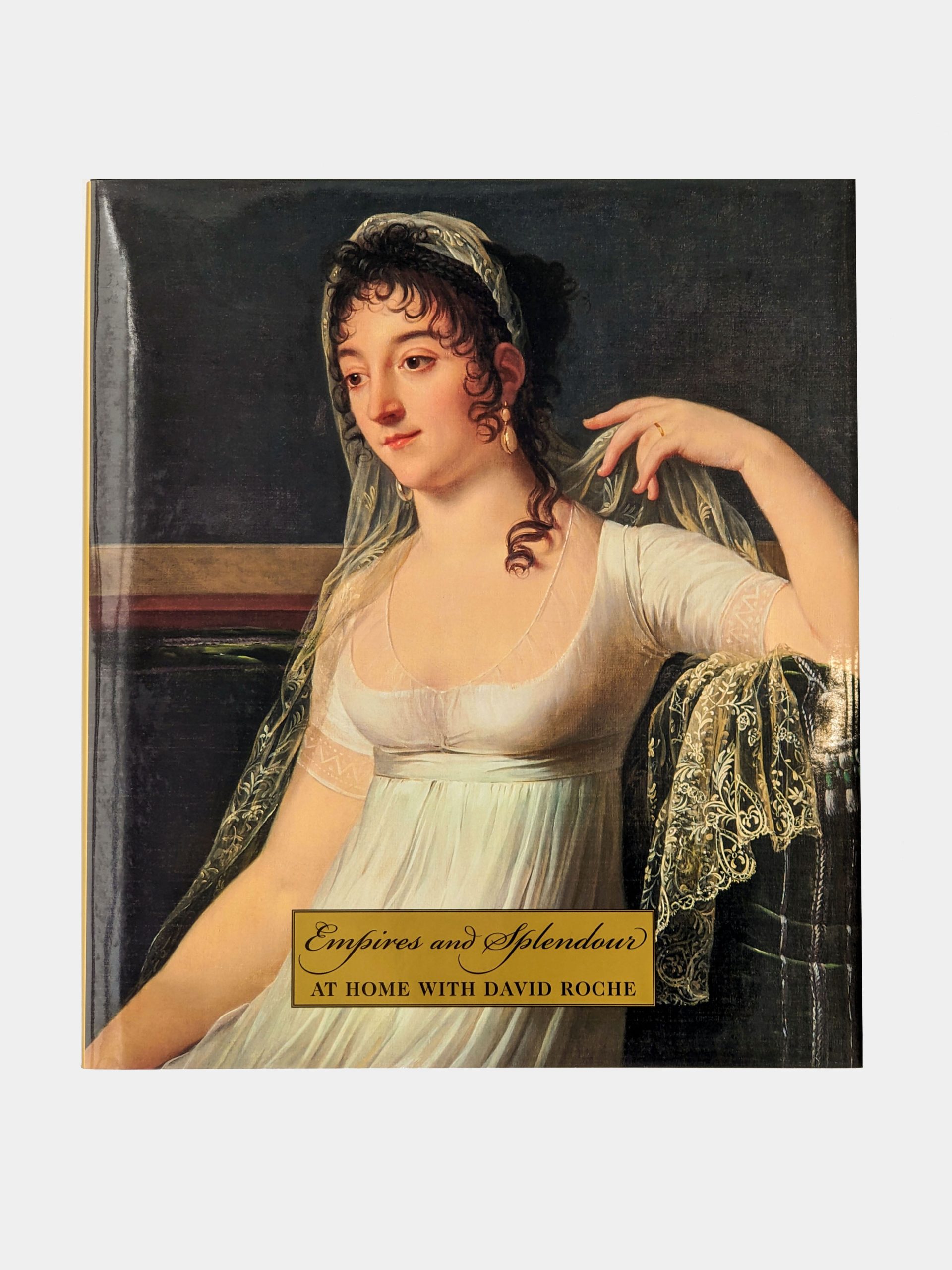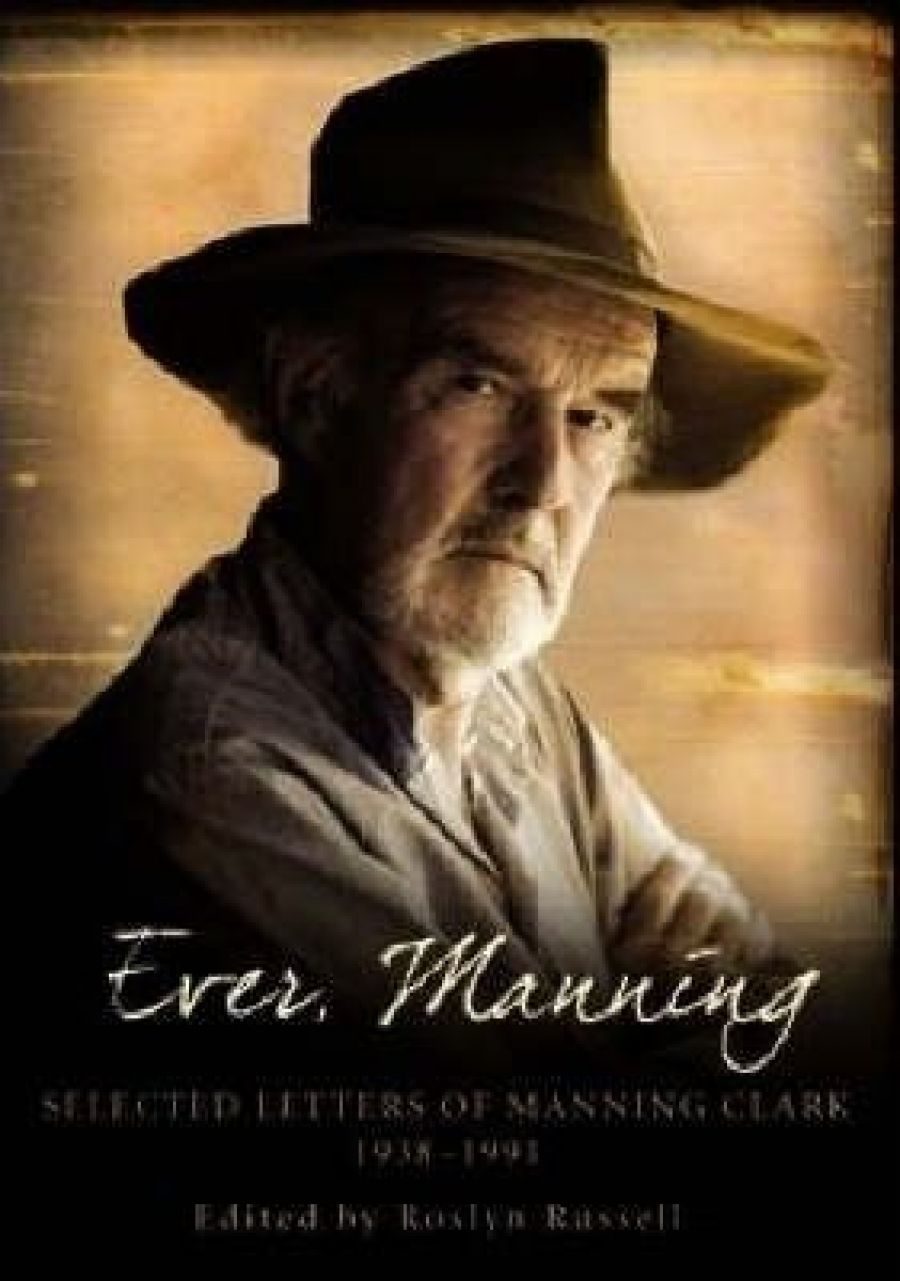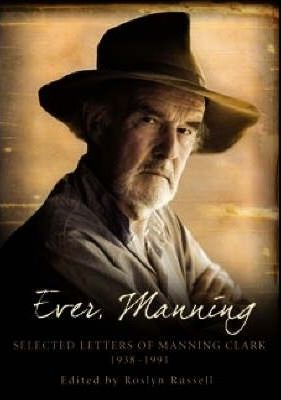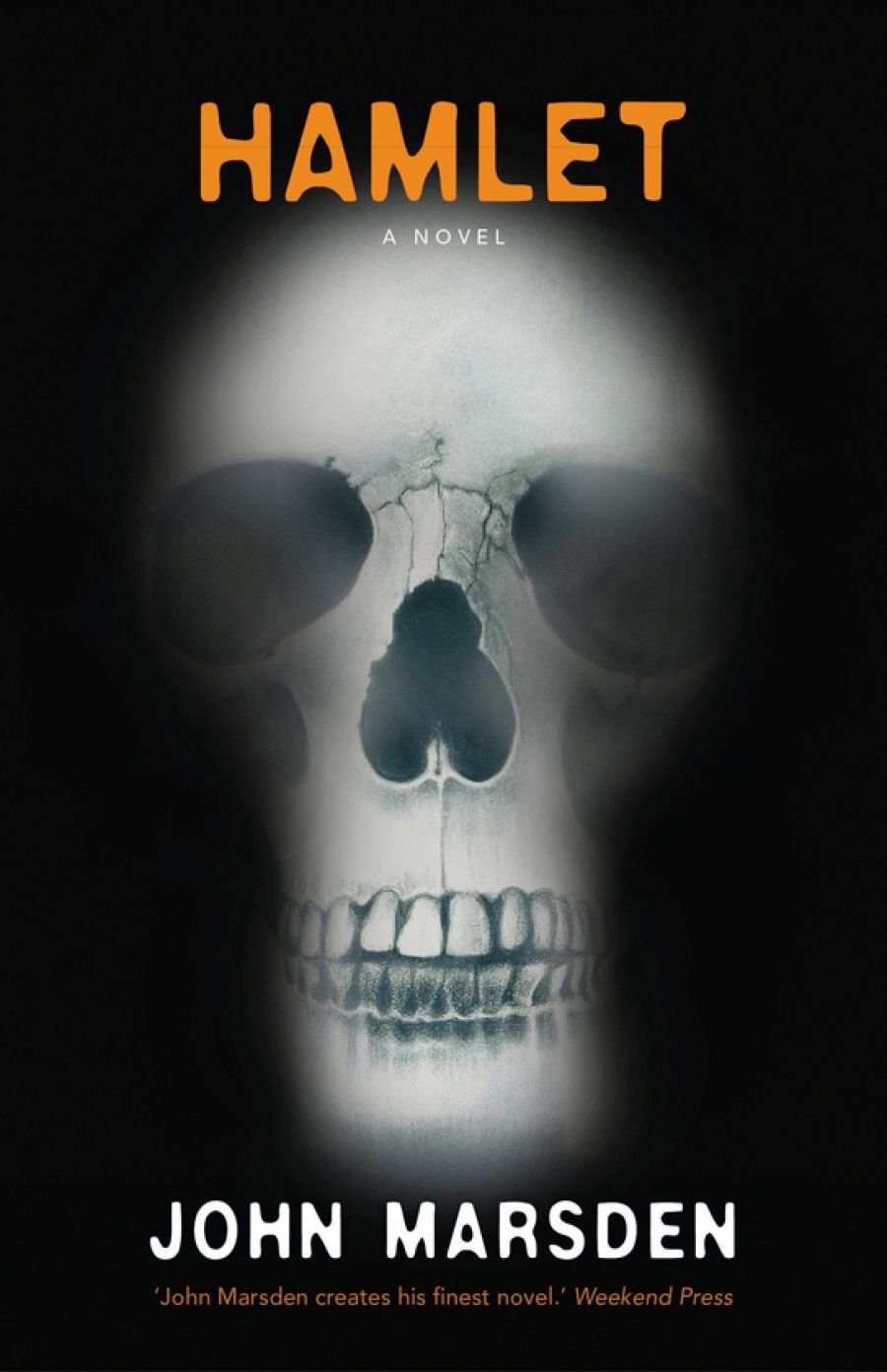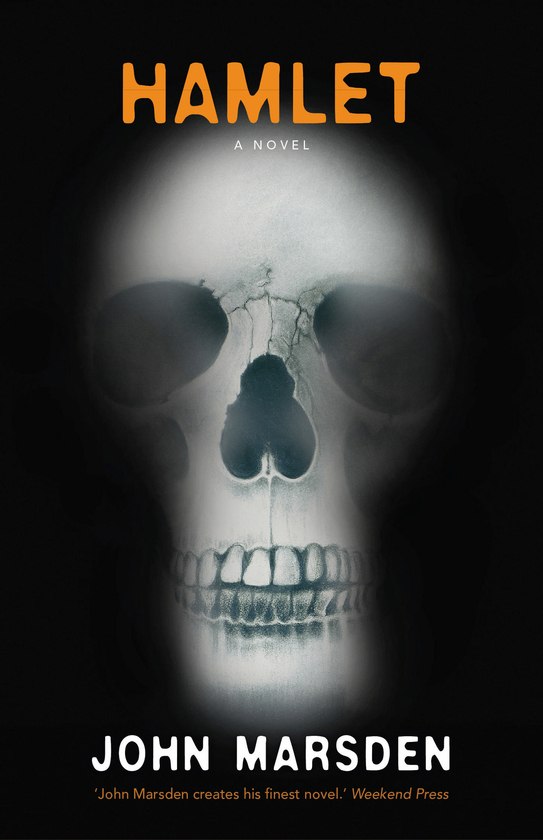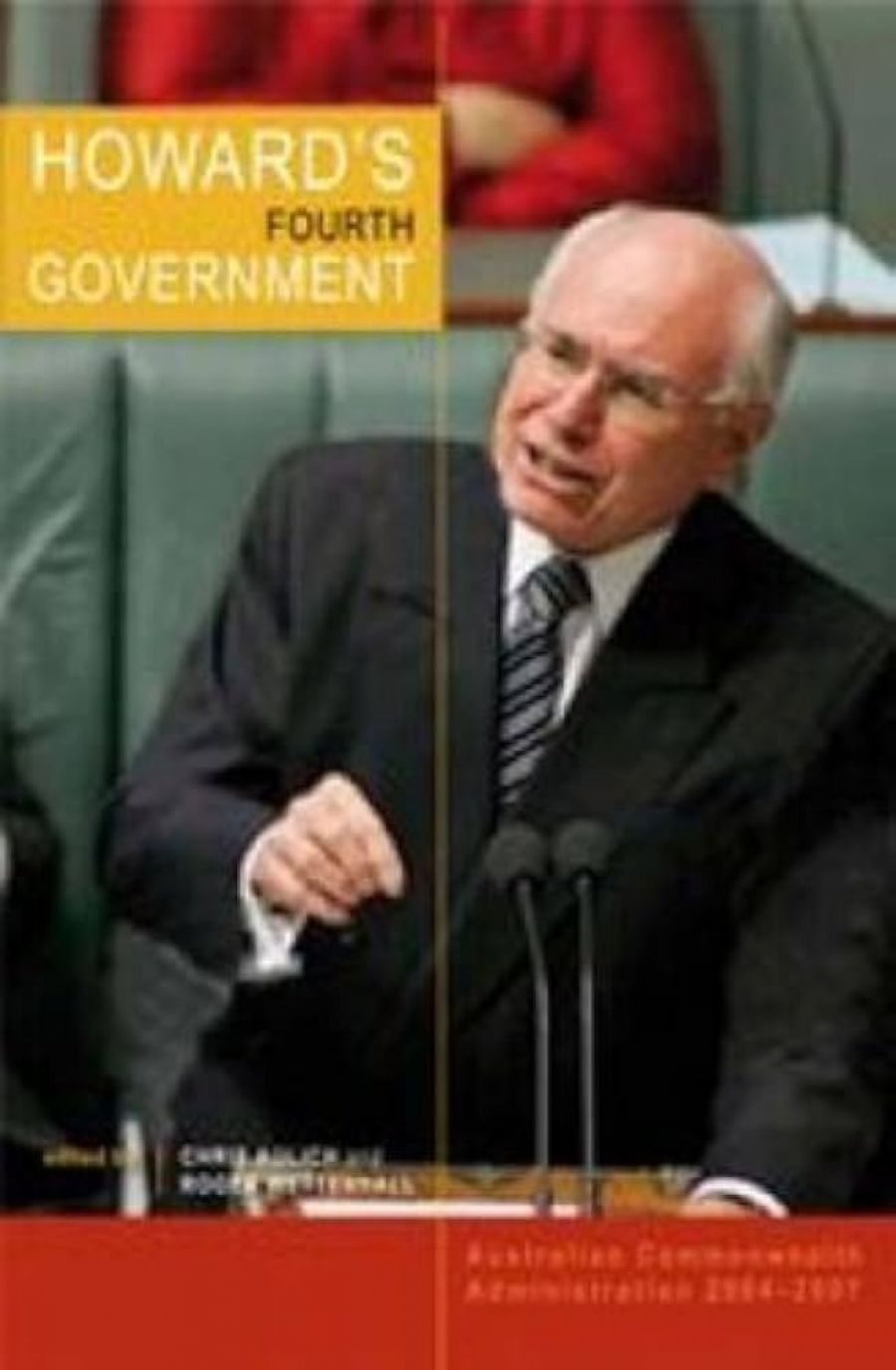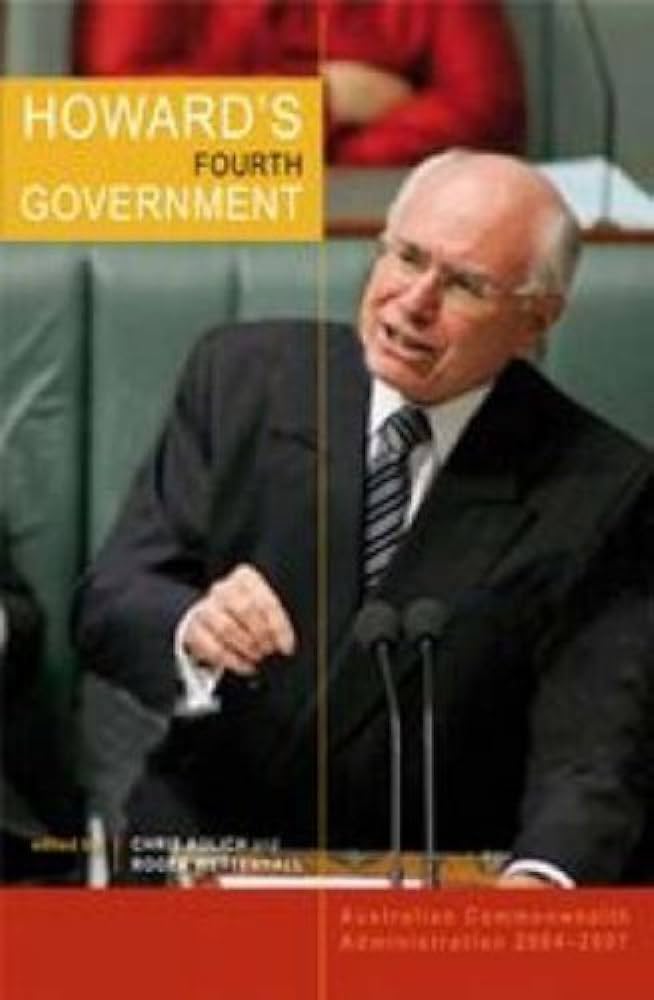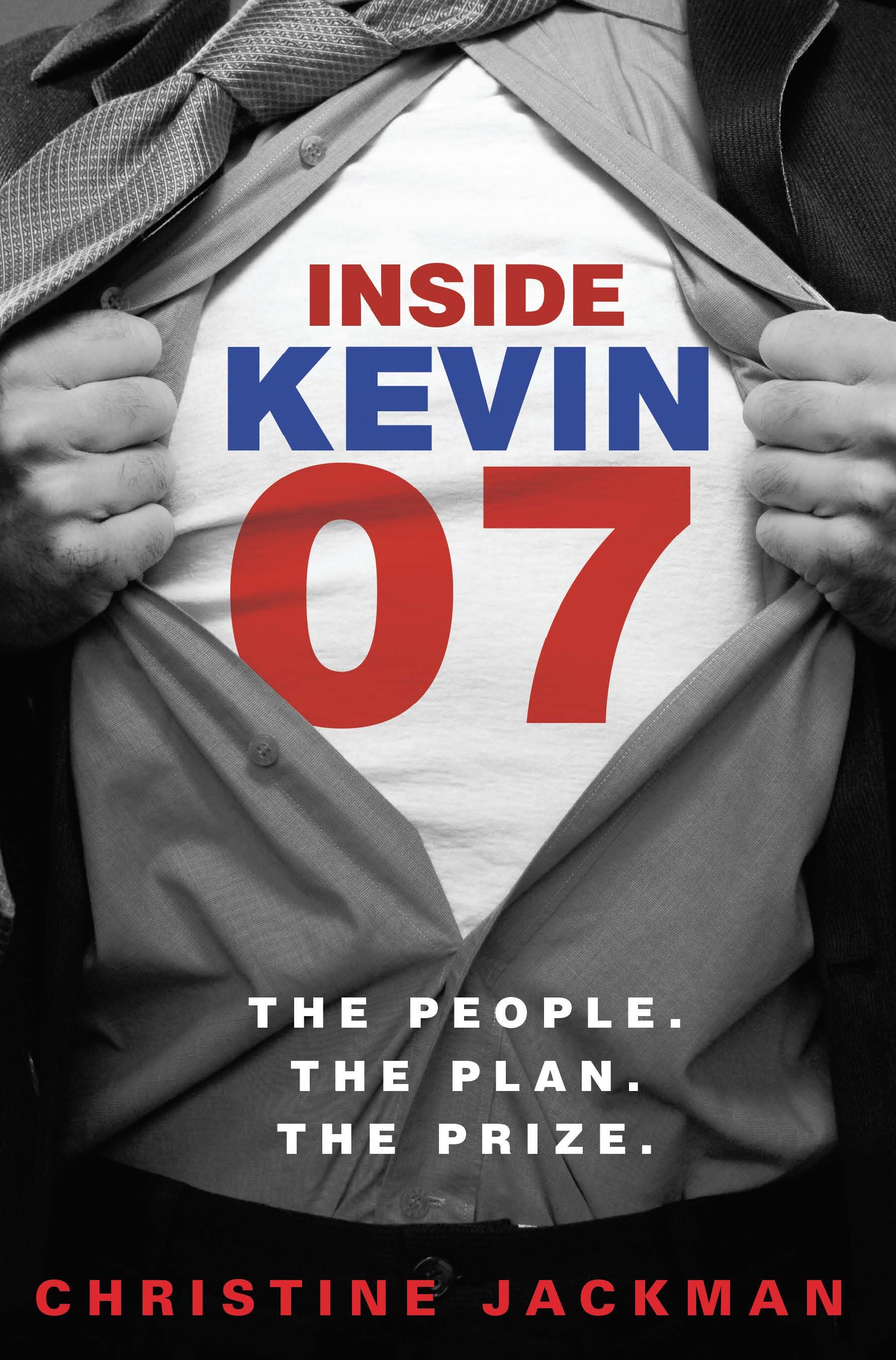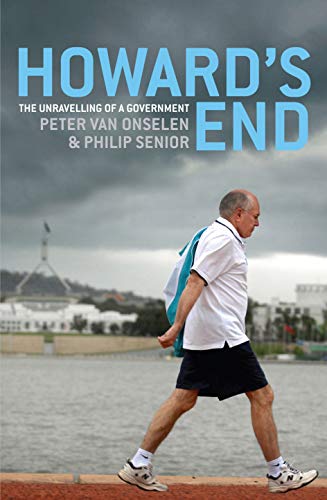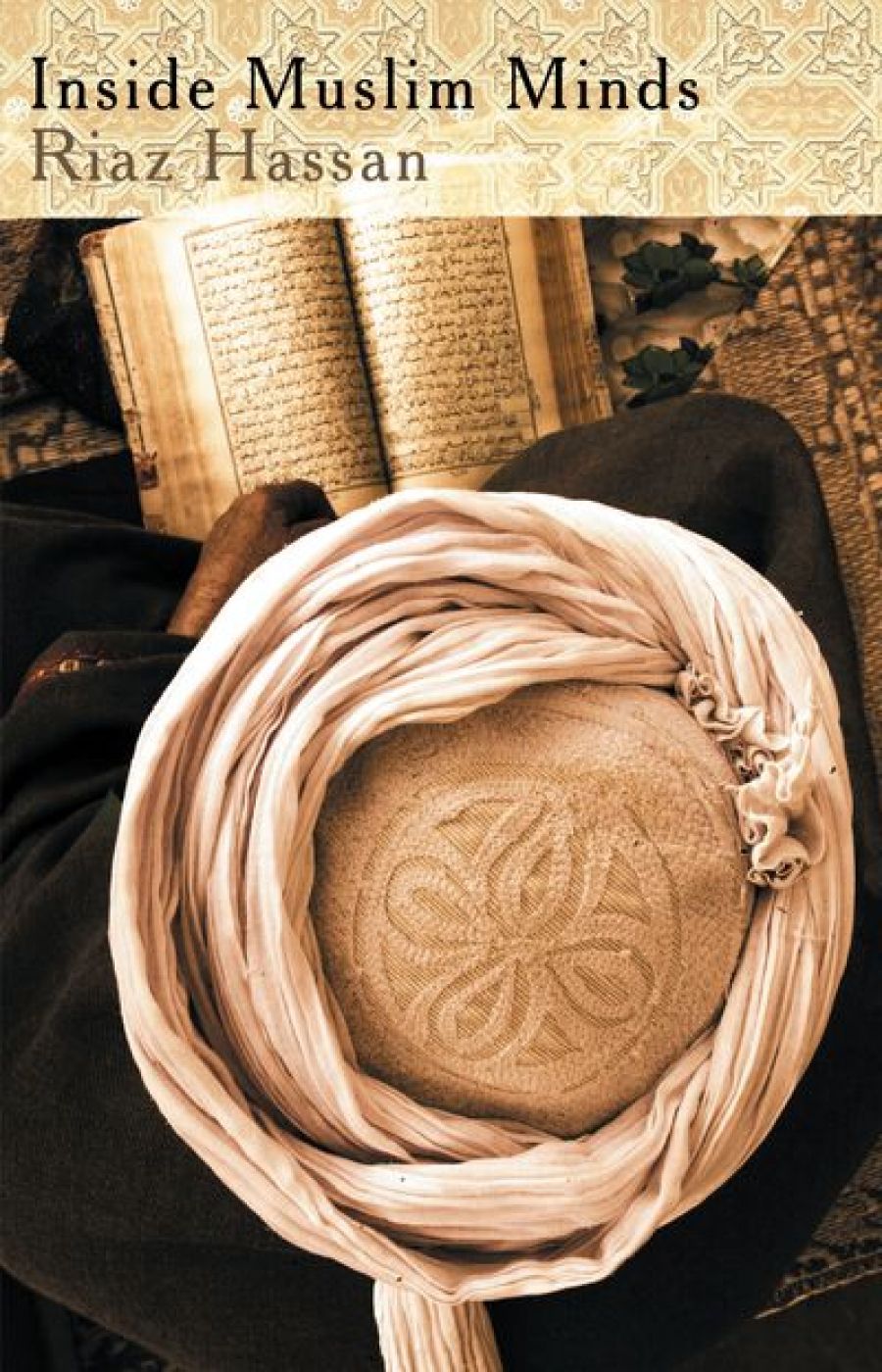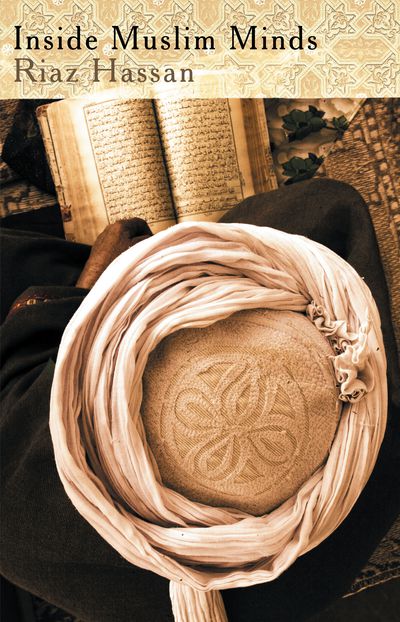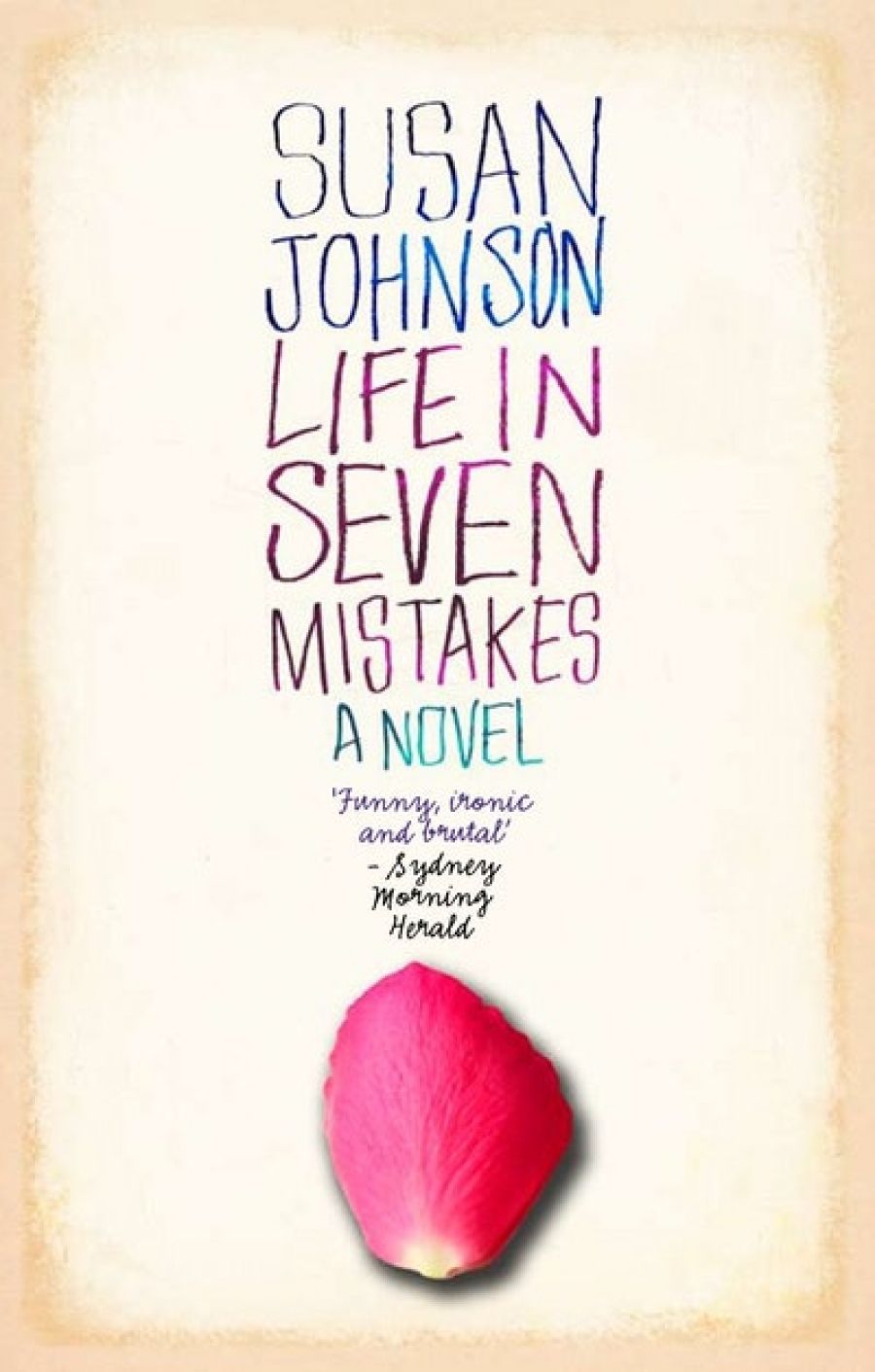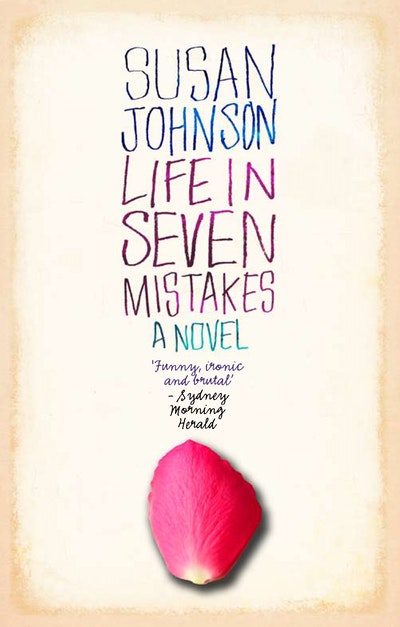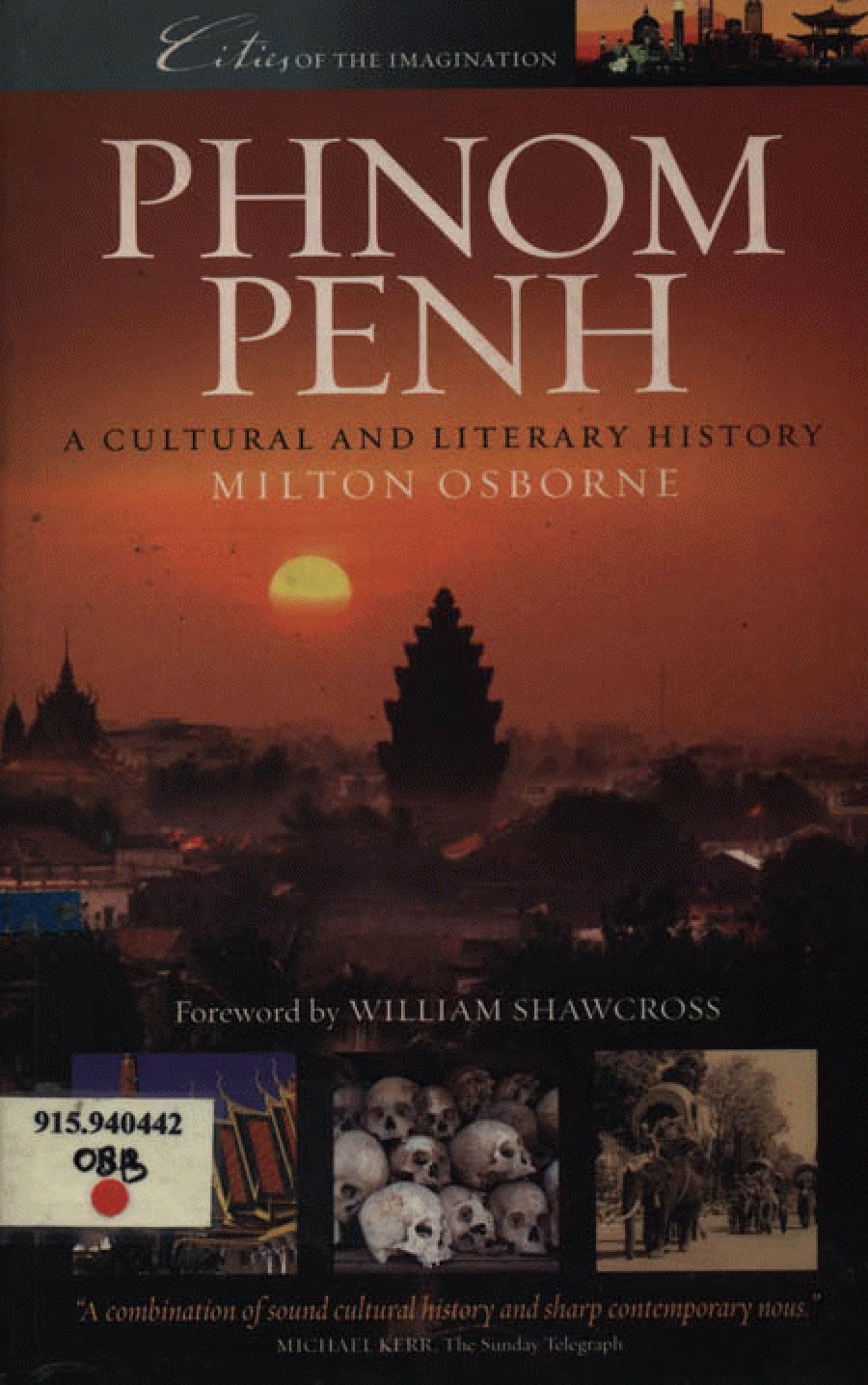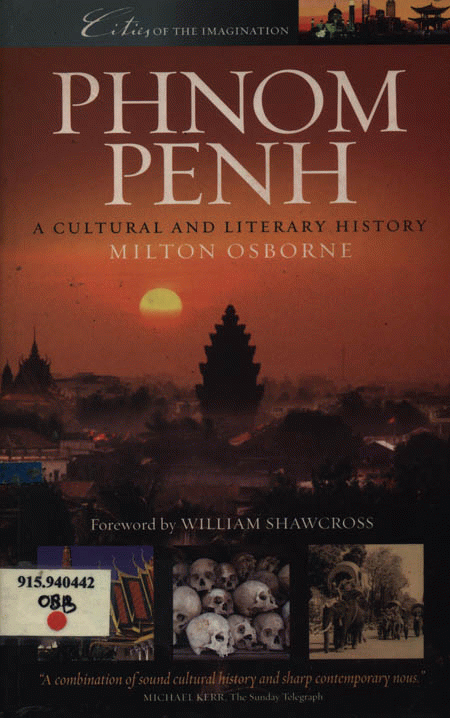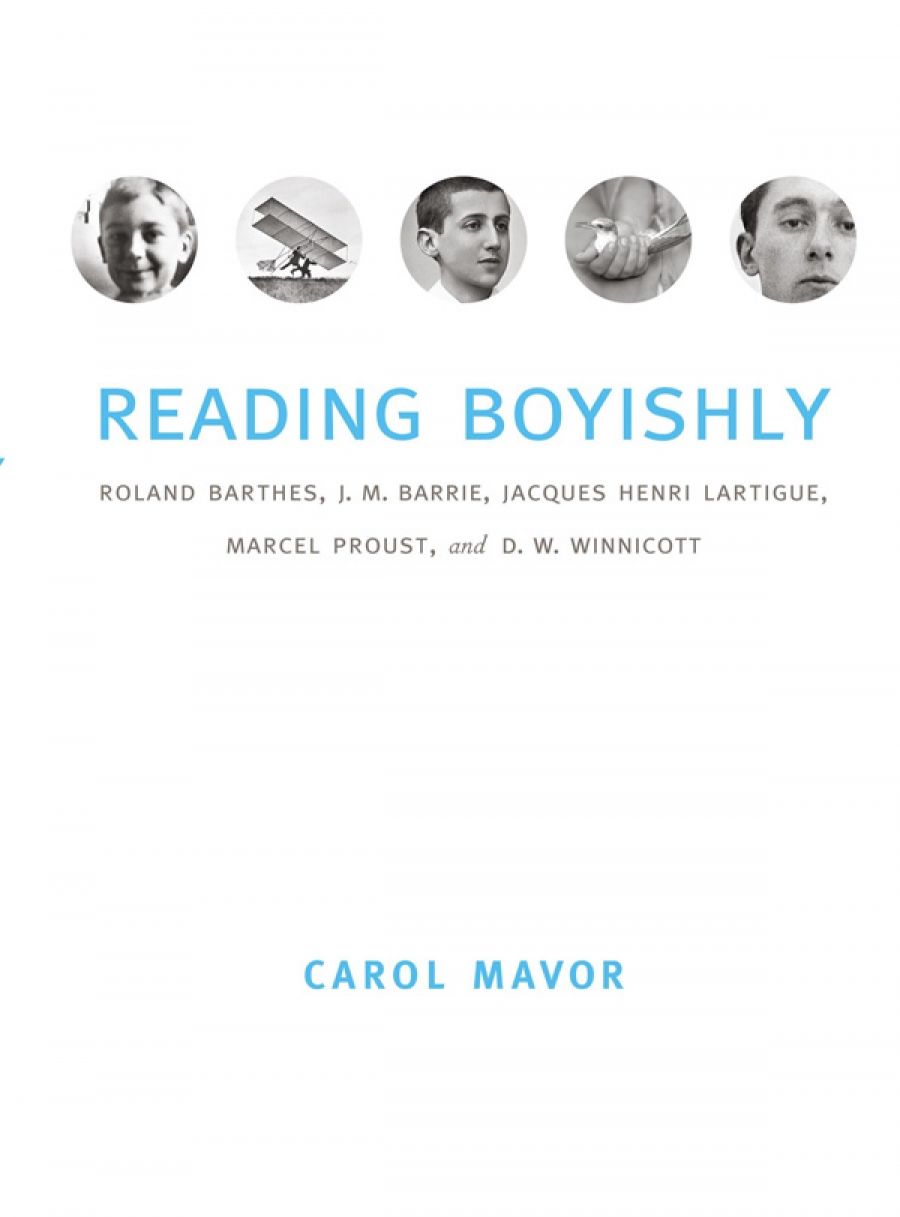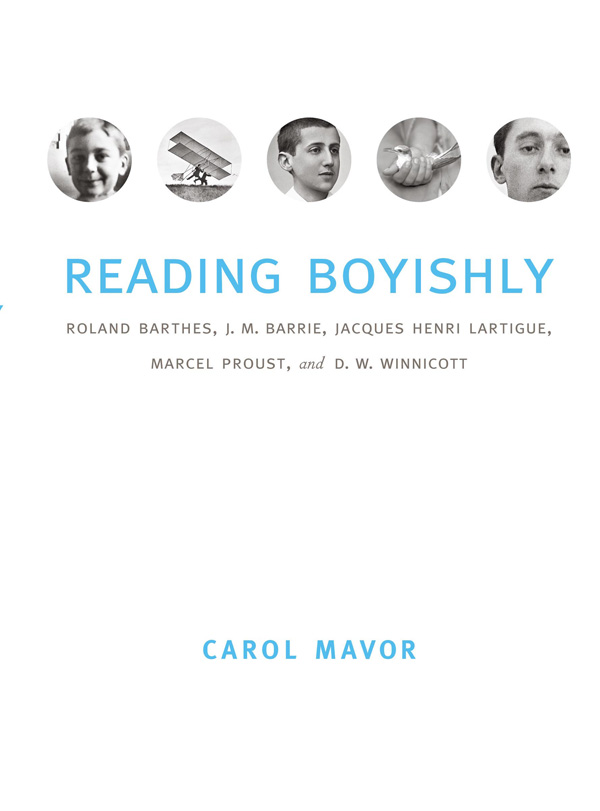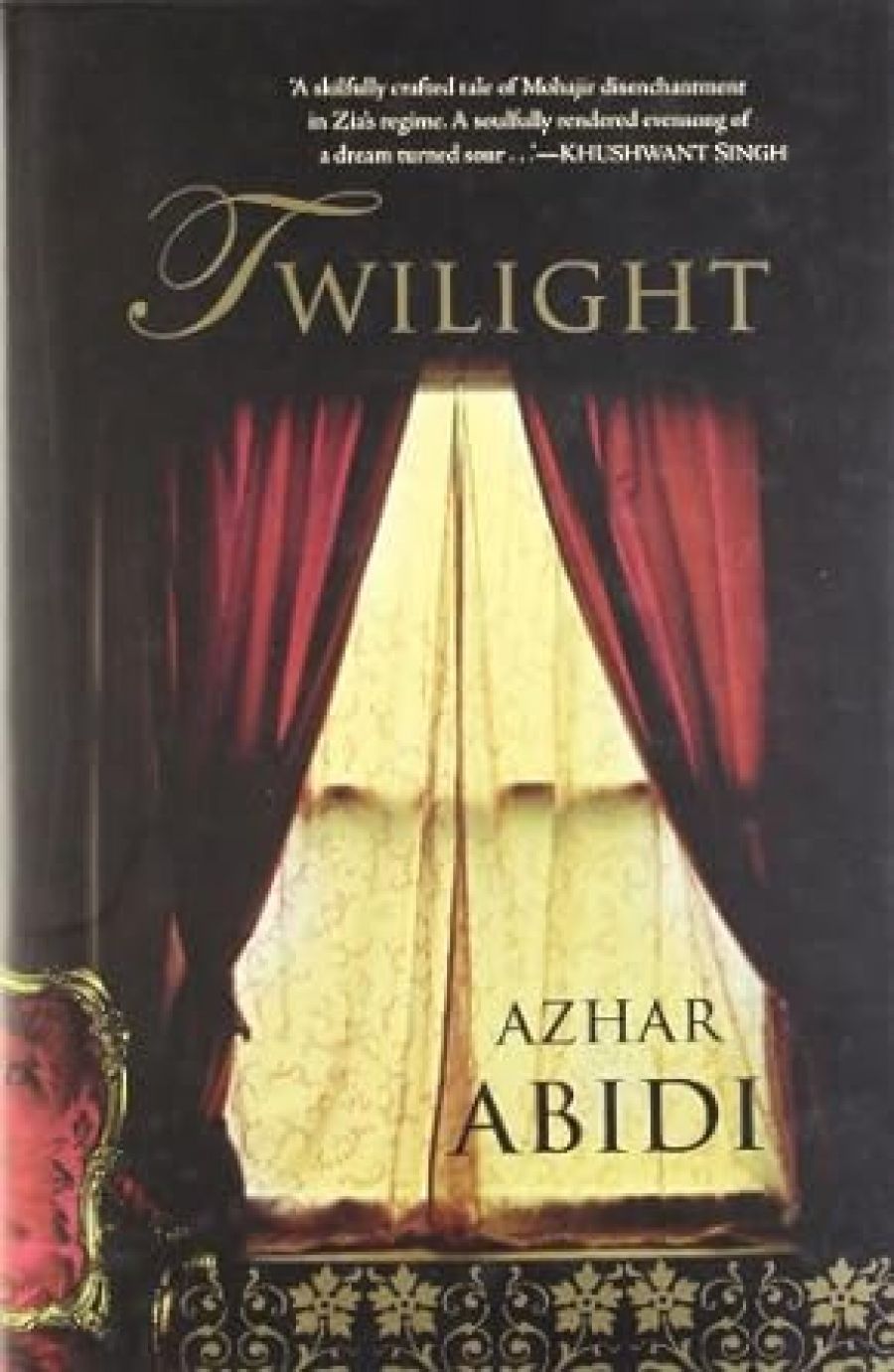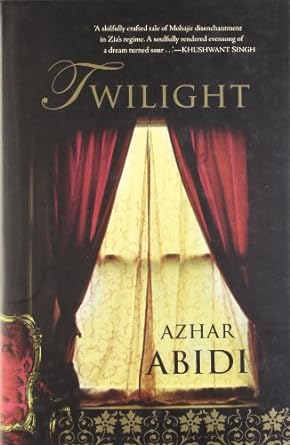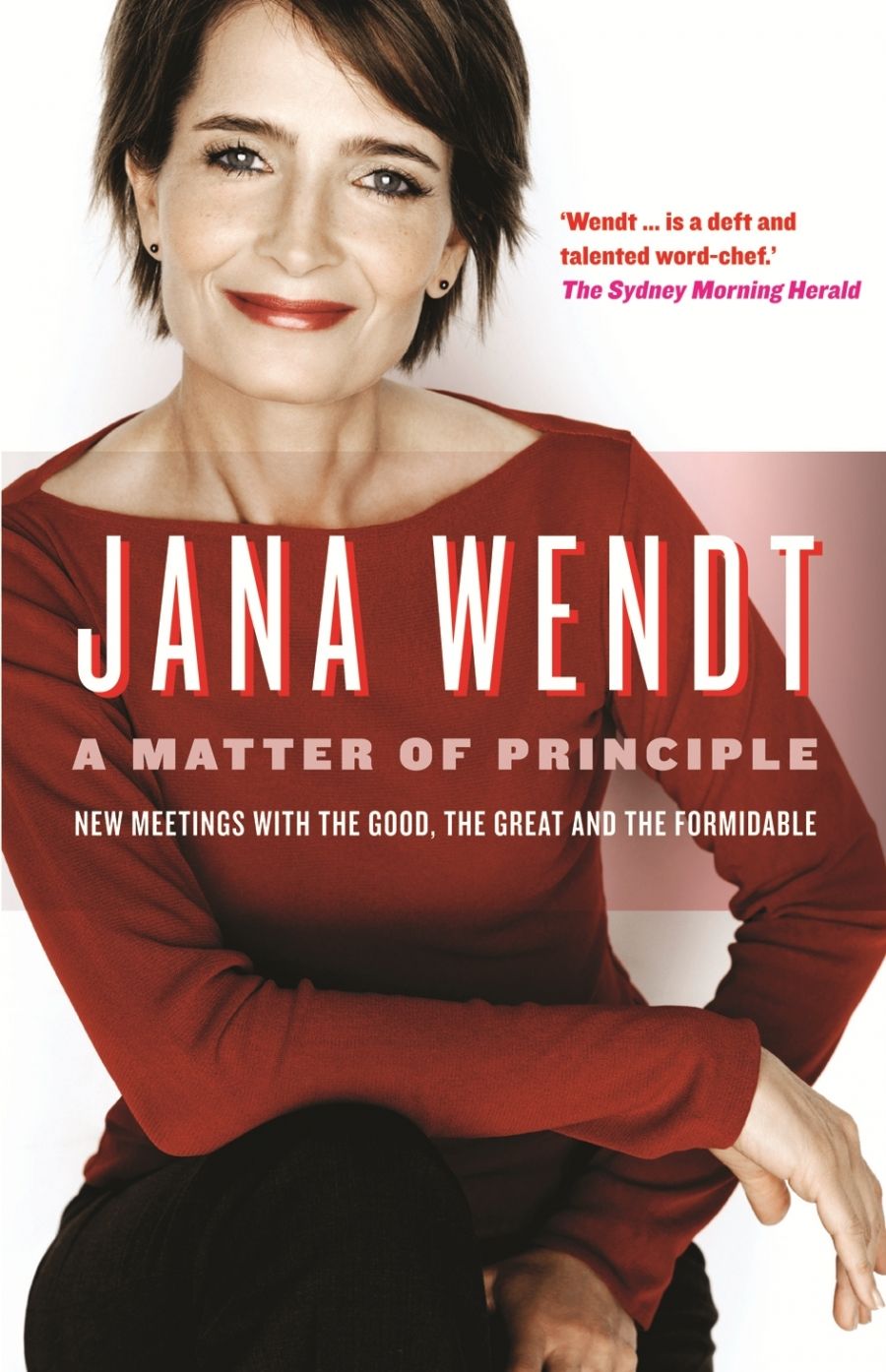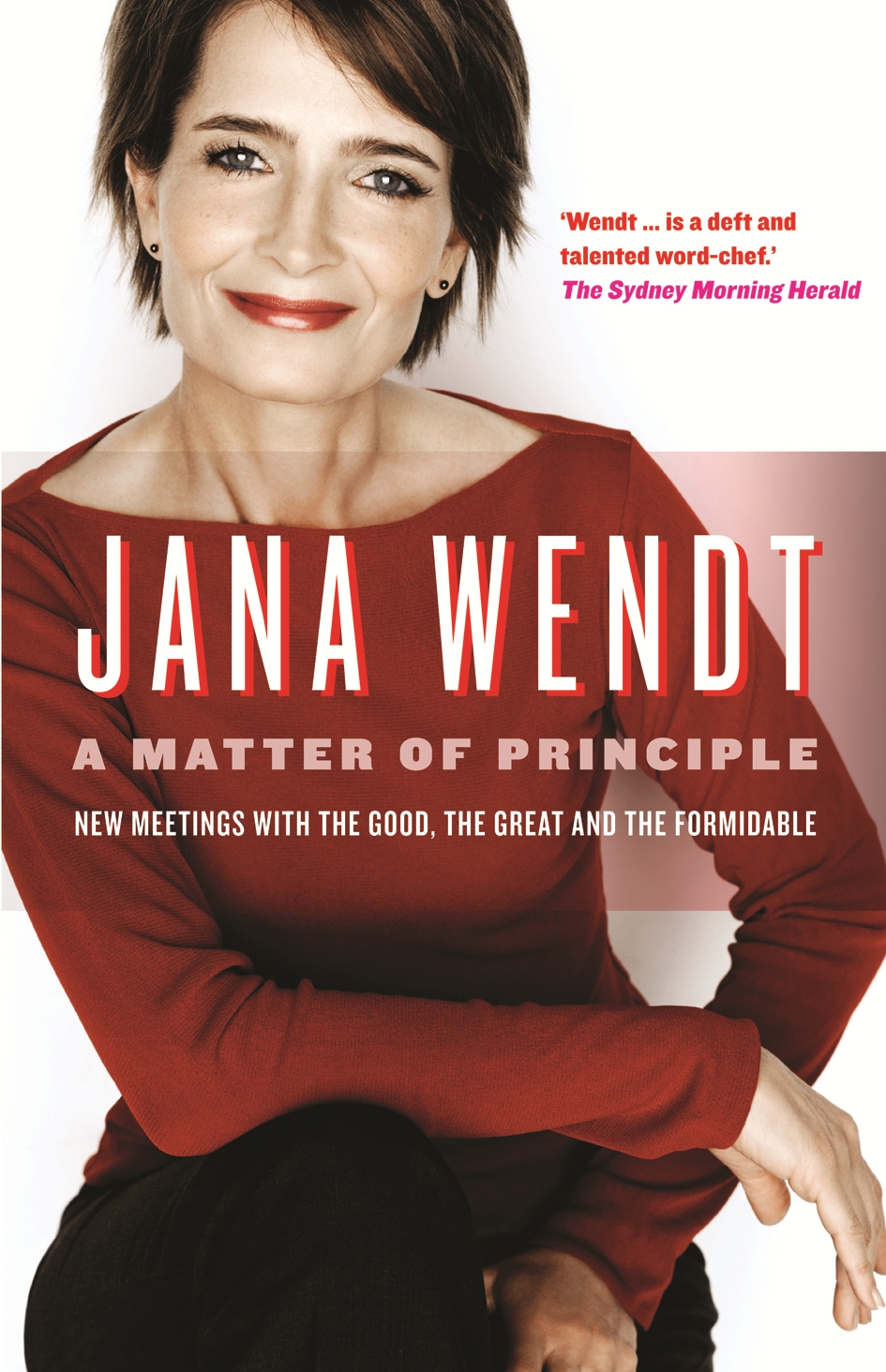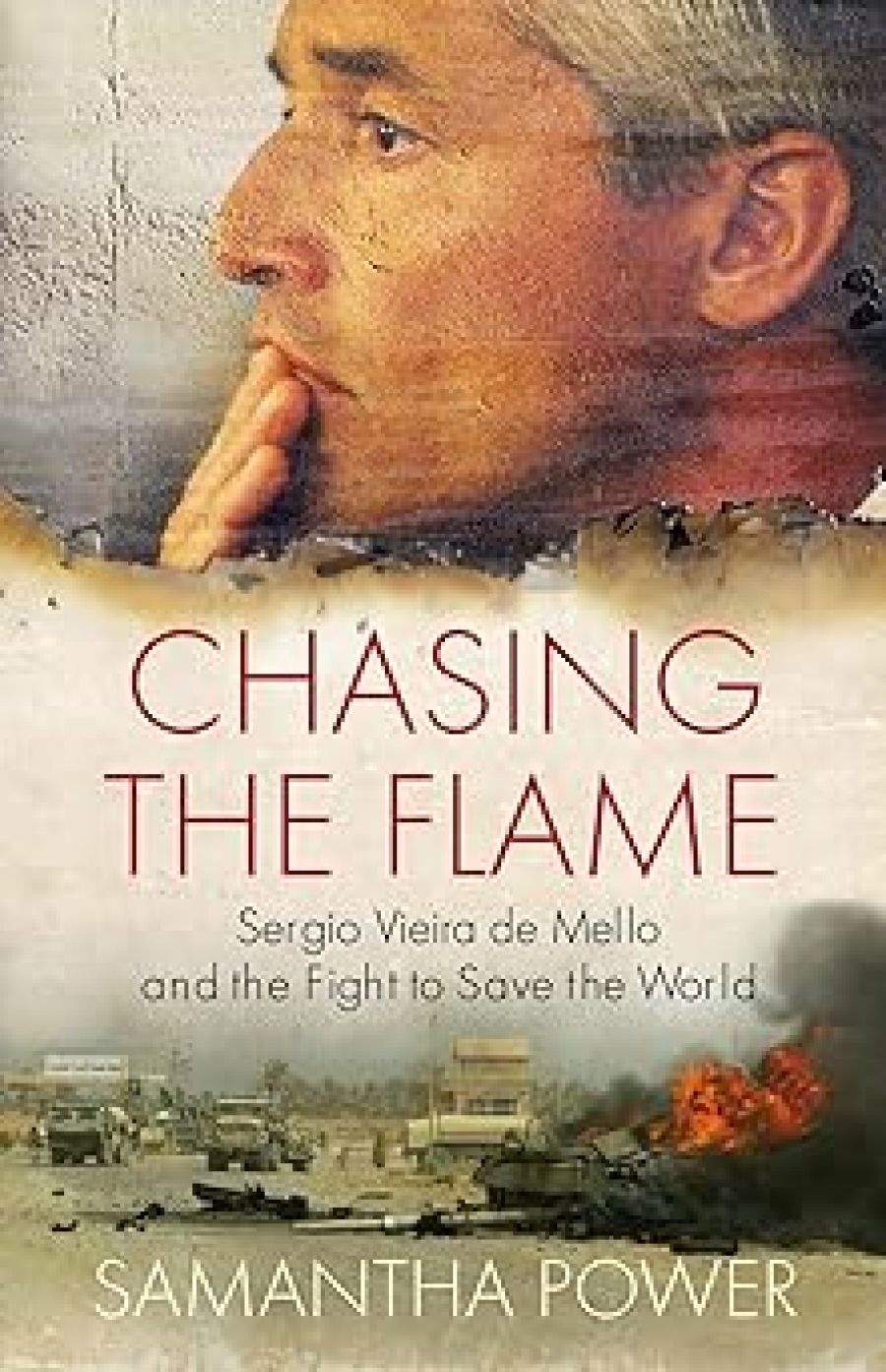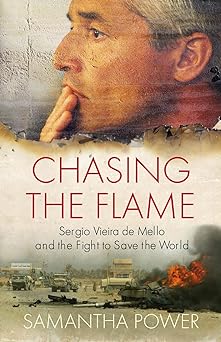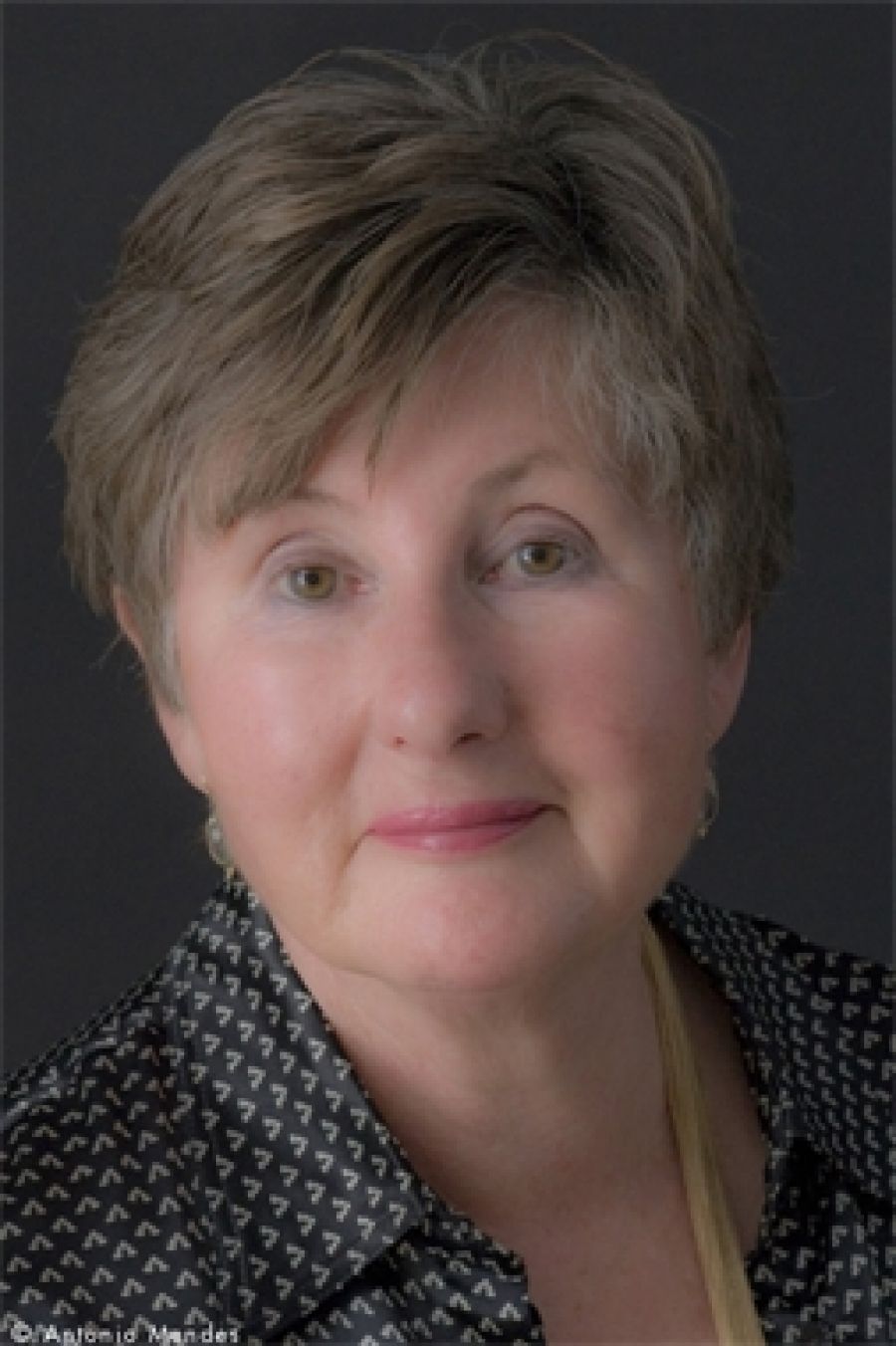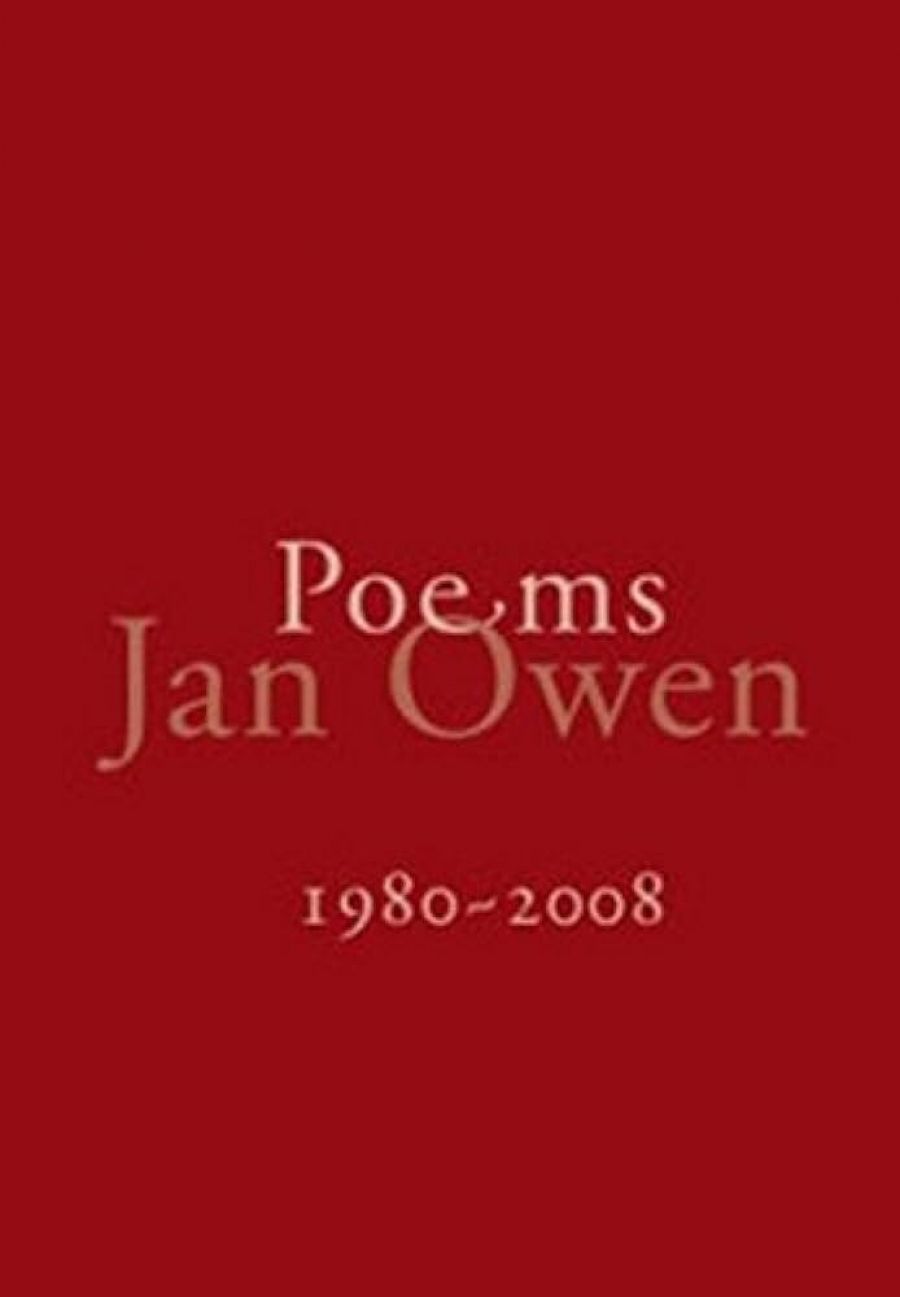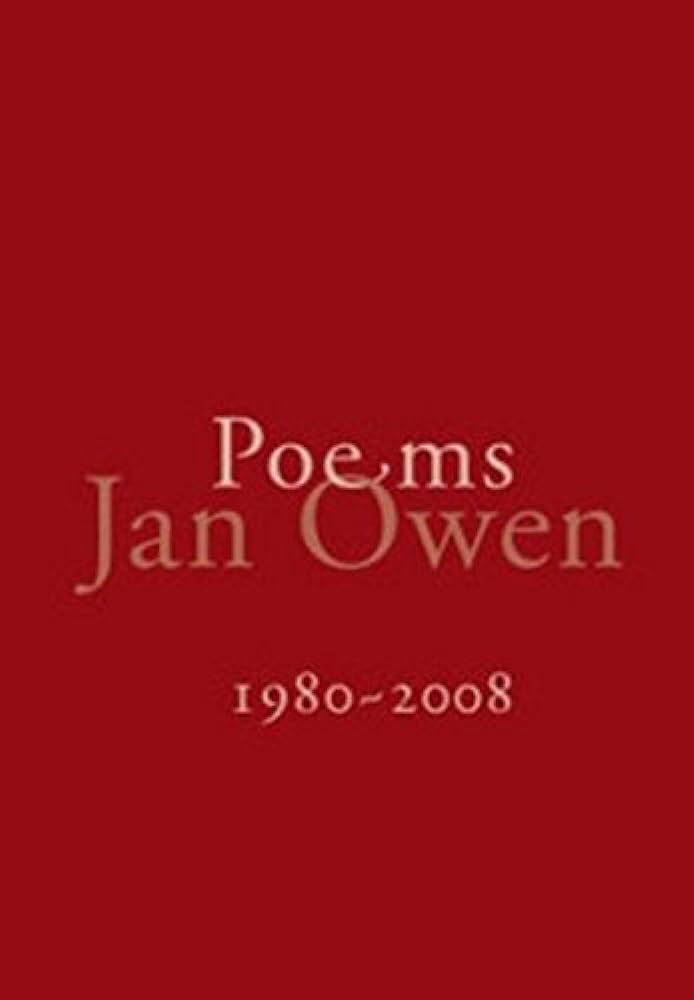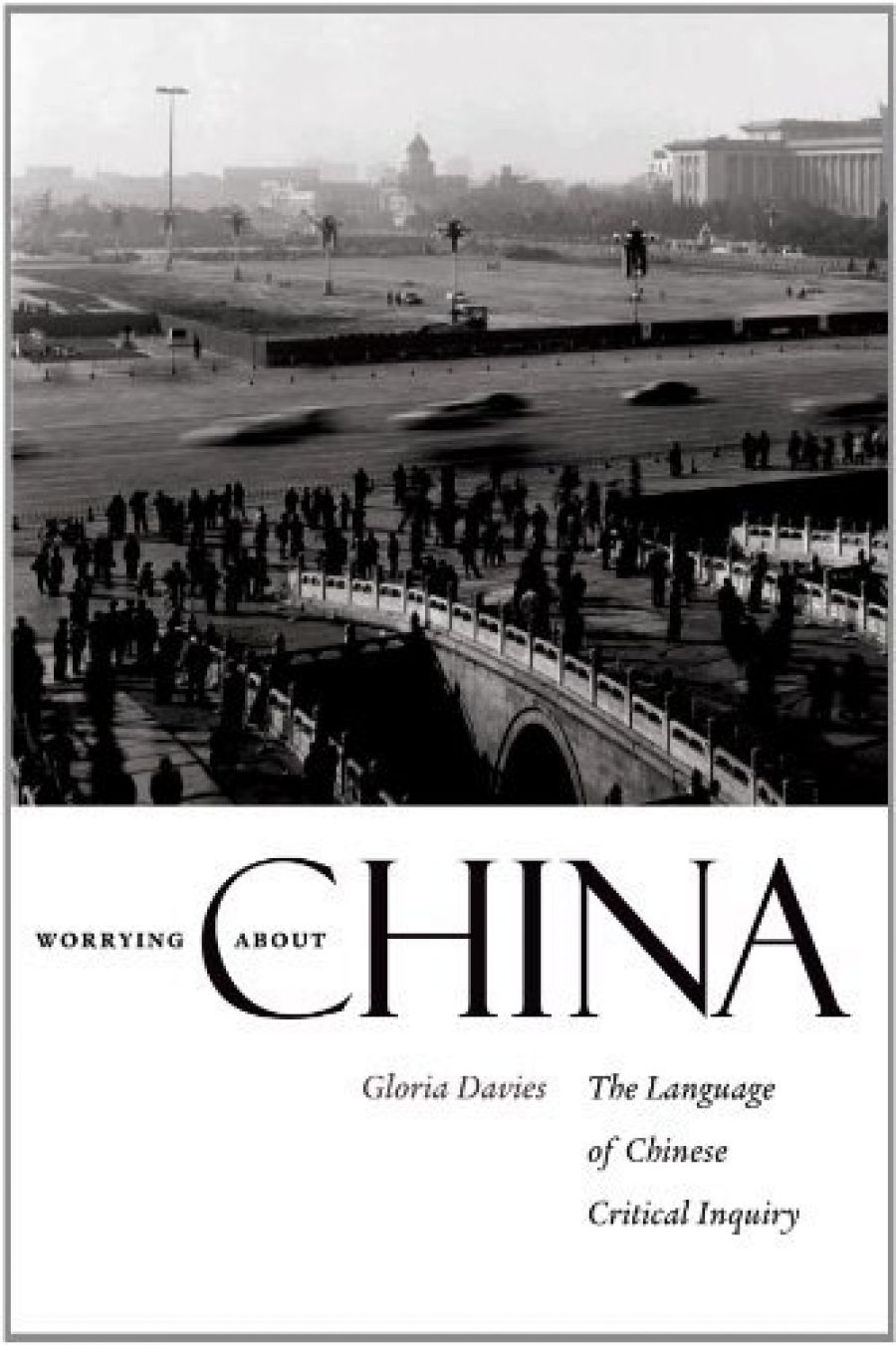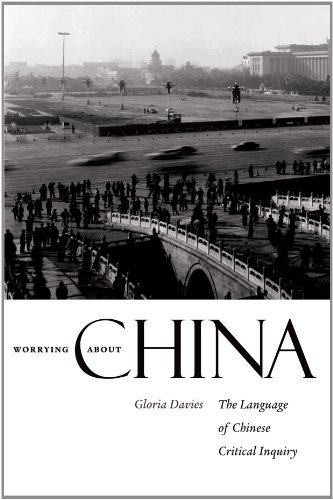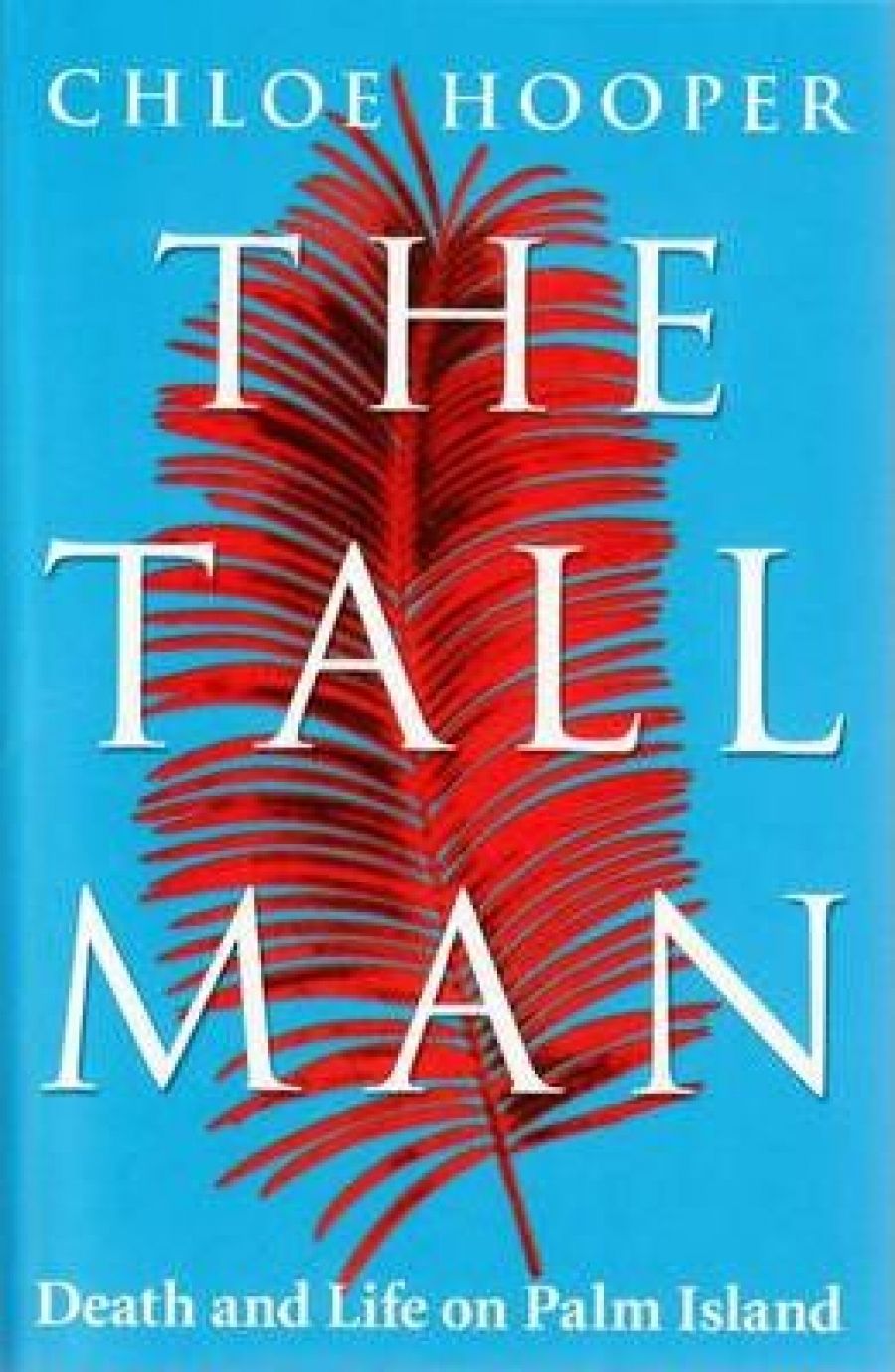
- Free Article: Yes
- Contents Category: Australian History
- Custom Article Title: David Trigger reviews 'The Tall Man' by Chloe Hooper
- Review Article: Yes
- Article Title: 'Refugees from Wild Time'
- Online Only: No
- Custom Highlight Text: Chloe Hooper has written an insightful and intensely personal book about the death of an Aboriginal man in police custody on Palm Island off Townsville in north Queensland. In late 2004, Cameron Doomadgee, aged thirty-six, died after being arrested by Senior Sergeant Chris Hurley ...
- Book 1 Title: The Tall Man
- Book 1 Biblio: Hamish Hamilton, $32.95 pb, 276 pp, 9780241015377
- Book 2 Title: Gone For A Song
- Book 2 Subtitle: A death in custody on Palm Island
- Book 2 Biblio: ABC Books, $24.95 pb, 246 pp, 9780733322167
- Book 2 Cover Small (400 x 600):
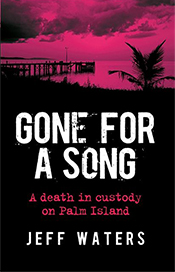
- Book 2 Cover (800 x 1200):

- Book 2 Cover Path (no longer required): images/ABR_Online_2018/October_2018/175-_y648.jpg
Chloe Hooper has written an insightful and intensely personal book about the death of an Aboriginal man in police custody on Palm Island off Townsville in north Queensland. In late 2004, Cameron Doomadgee, aged thirty-six, died after being arrested by Senior Sergeant Chris Hurley. The Tall Man follows the initial internal police investigations, the riot on Palm Island which was prompted by an announcement that the death was accidental, several stages of the inquest, and the drawn-out process whereby Hurley was eventually charged with manslaughter and acquitted by a Townsville jury.
The race politics that arose were complex in their historical origins and in what the case says about the experience of many Aboriginal people with the Australian judicial process. Hooper’s achievement is to portray the issues without the superficial point scoring so prevalent in writings about indigenous affairs. While she has great empathy for the Aboriginal families involved, this is no simplistic or one-dimensional account. Hooper thinks deeply about the circumstances of both the deceased Aboriginal man and the policeman, and about their families and backgrounds. Unlike those who might proclaim unswerving and exclusive allegiance either to the Aboriginal cause or the moral uprightness of police, Chloe Hooper explains that she tries ‘to look at things from every angle’.
Read more: David Trigger reviews 'The Tall Man' by Chloe Hooper and 'Gone for a Song' by Jeff Waters
Write comment (0 Comments)

